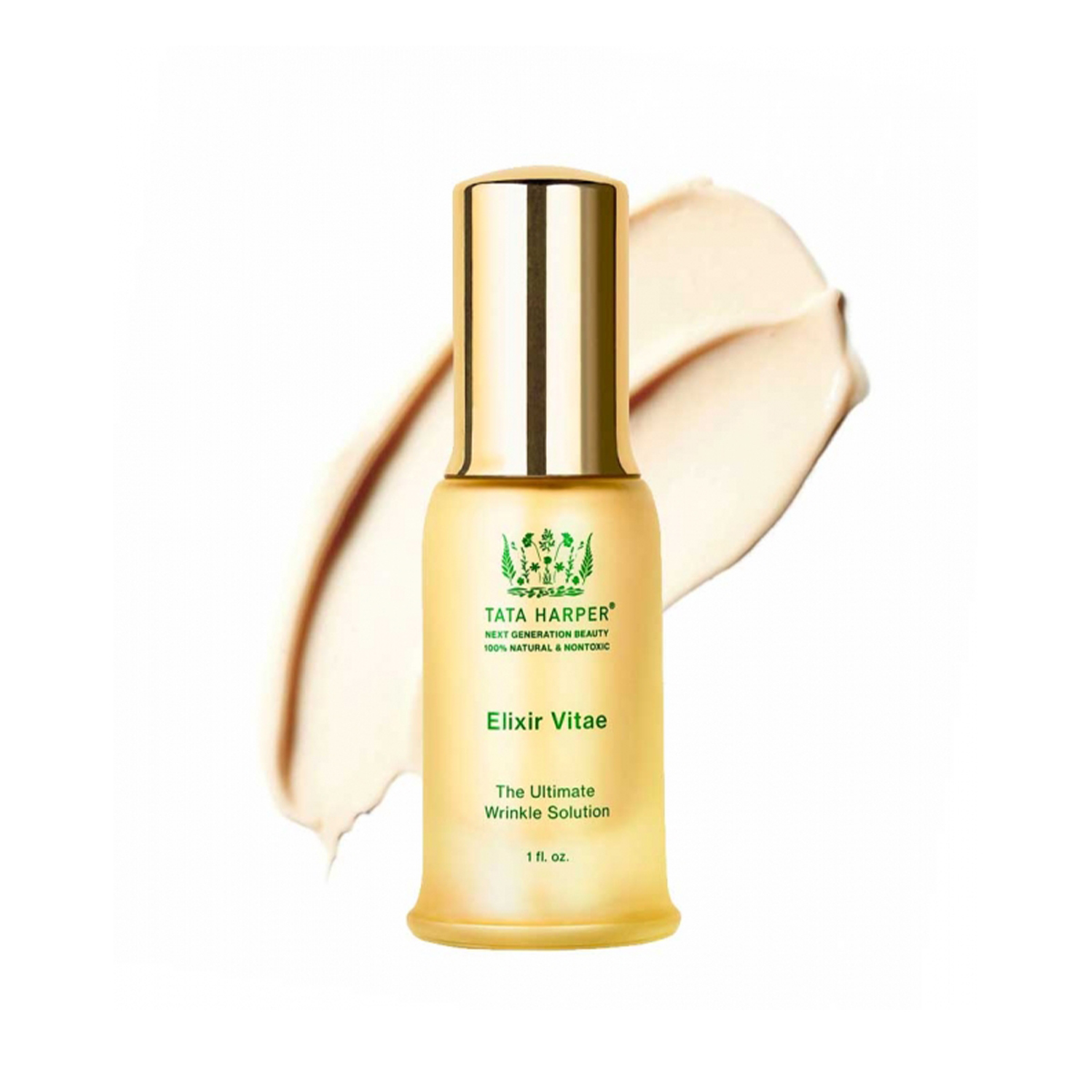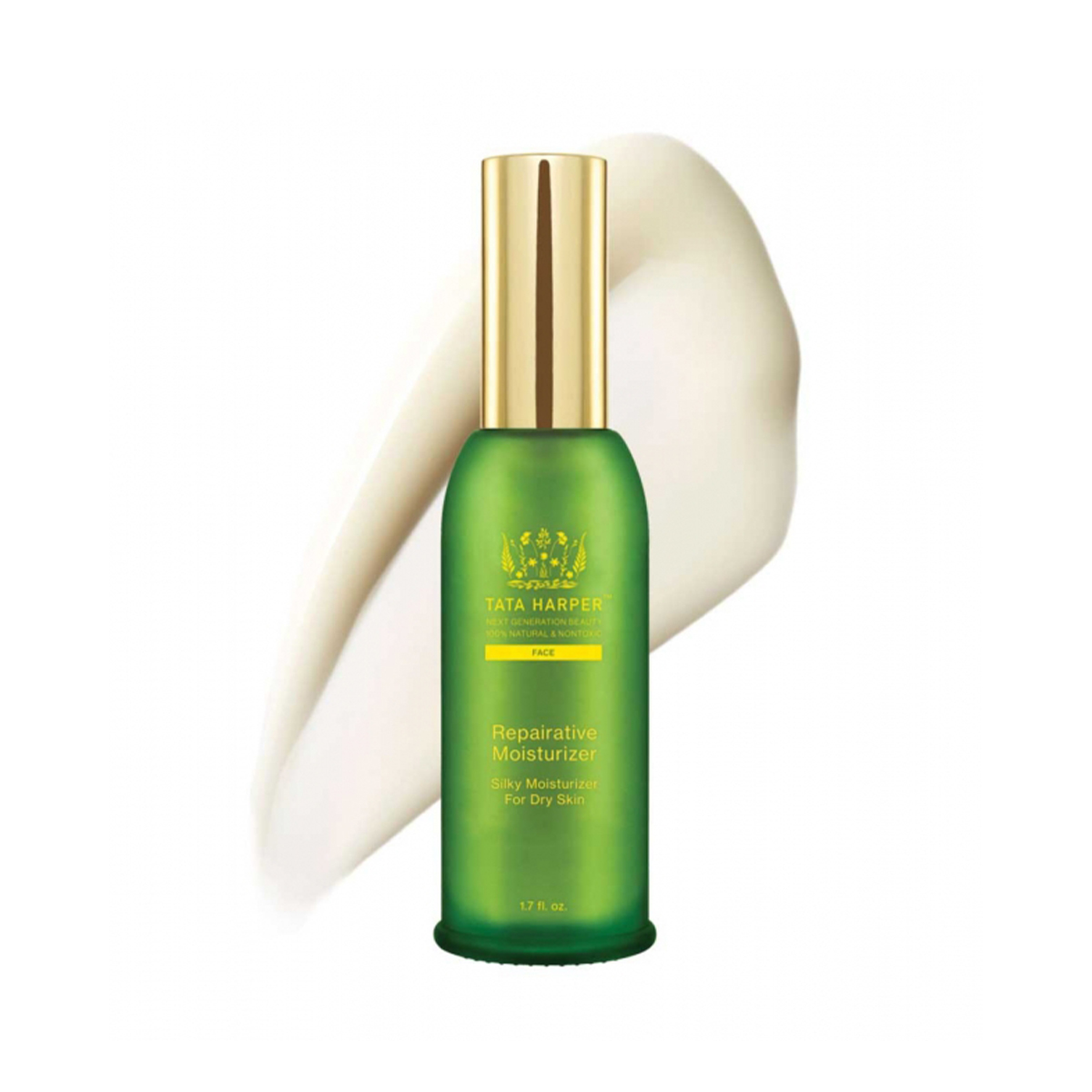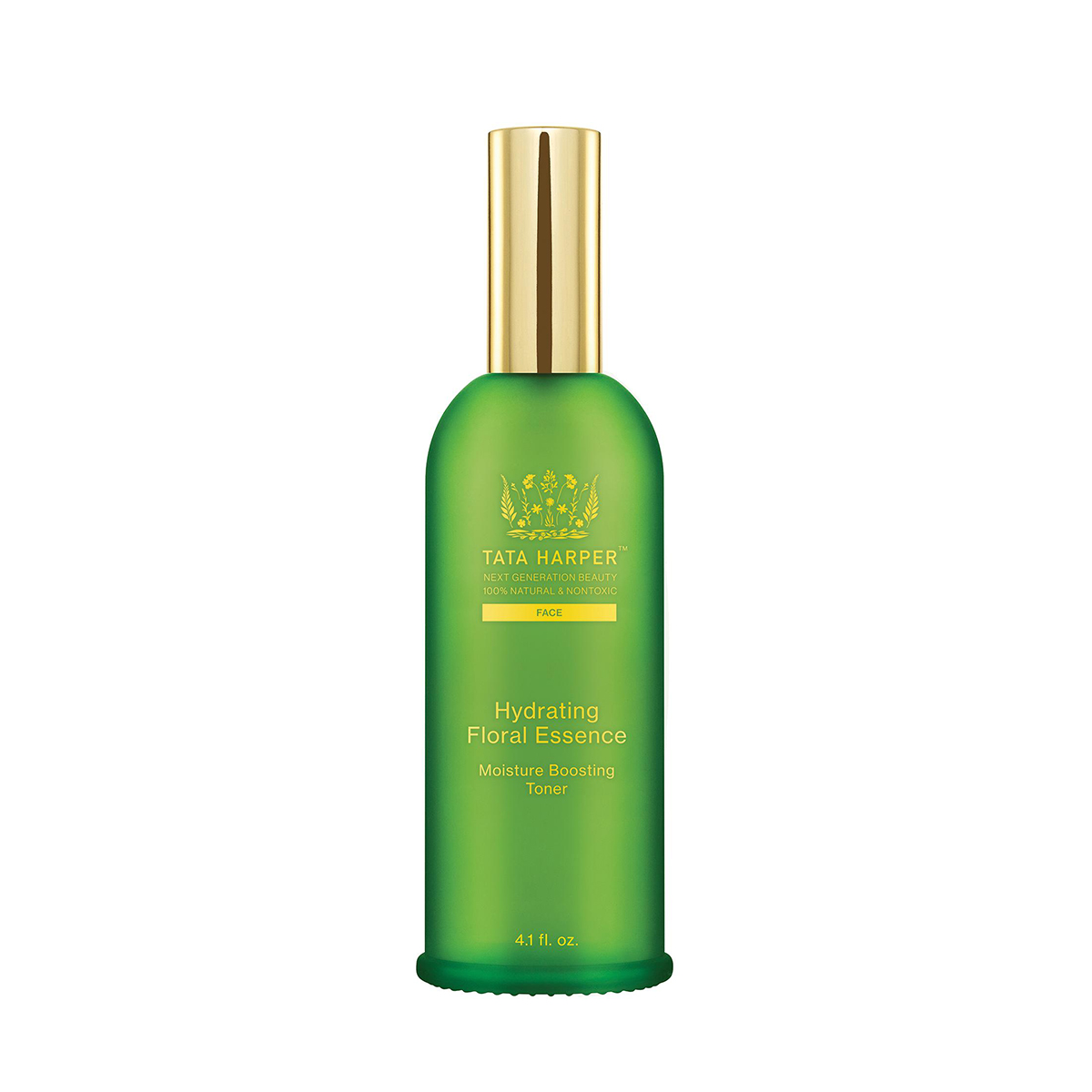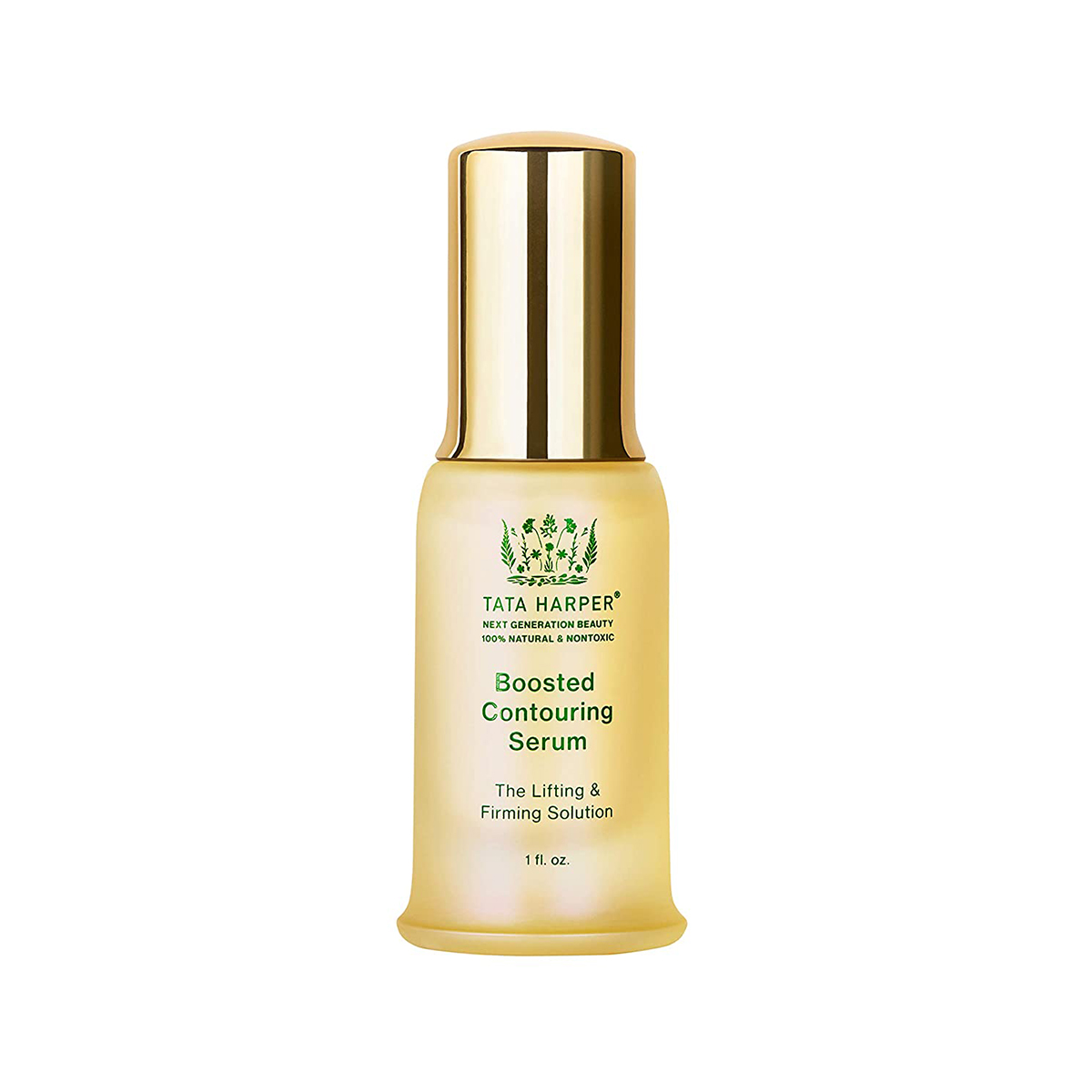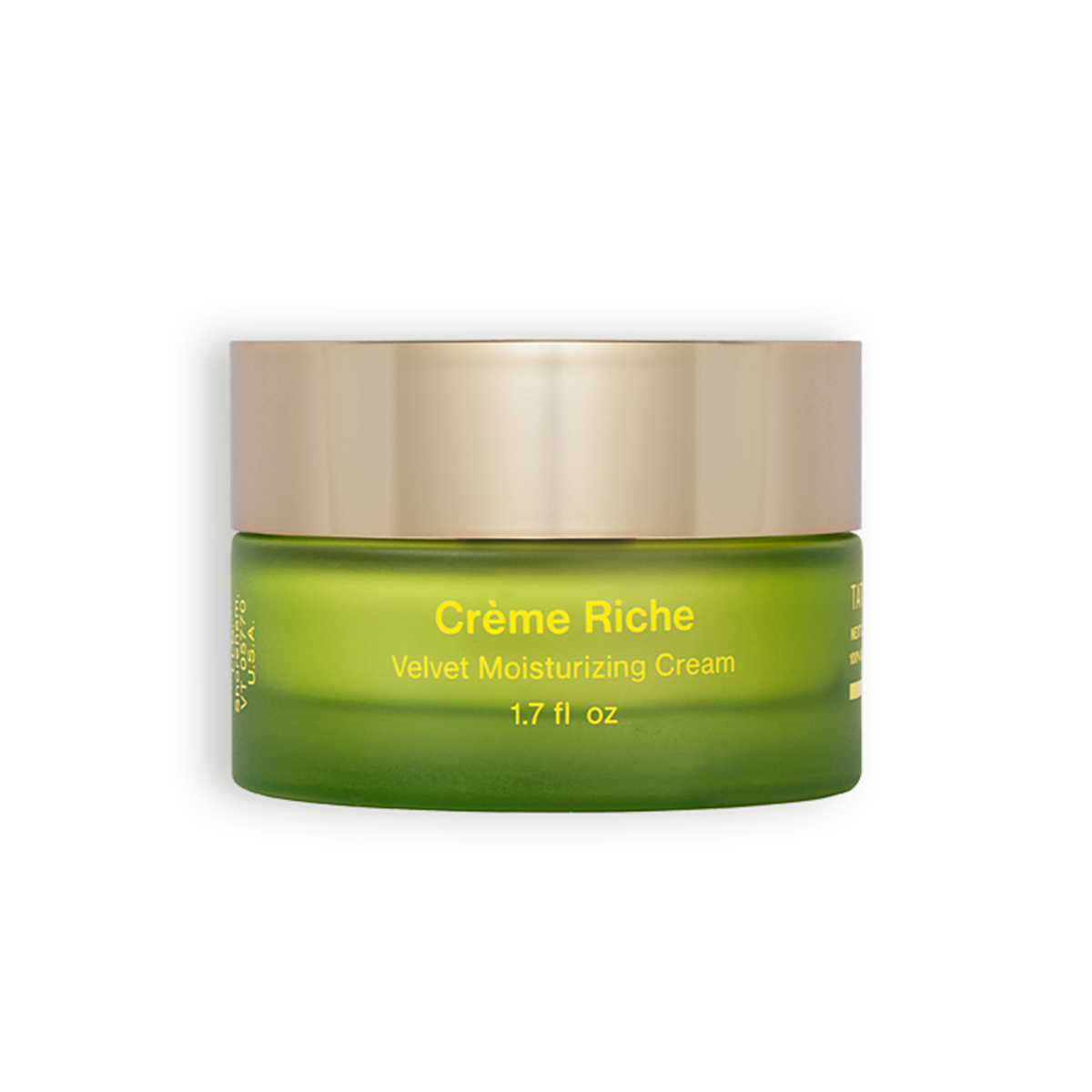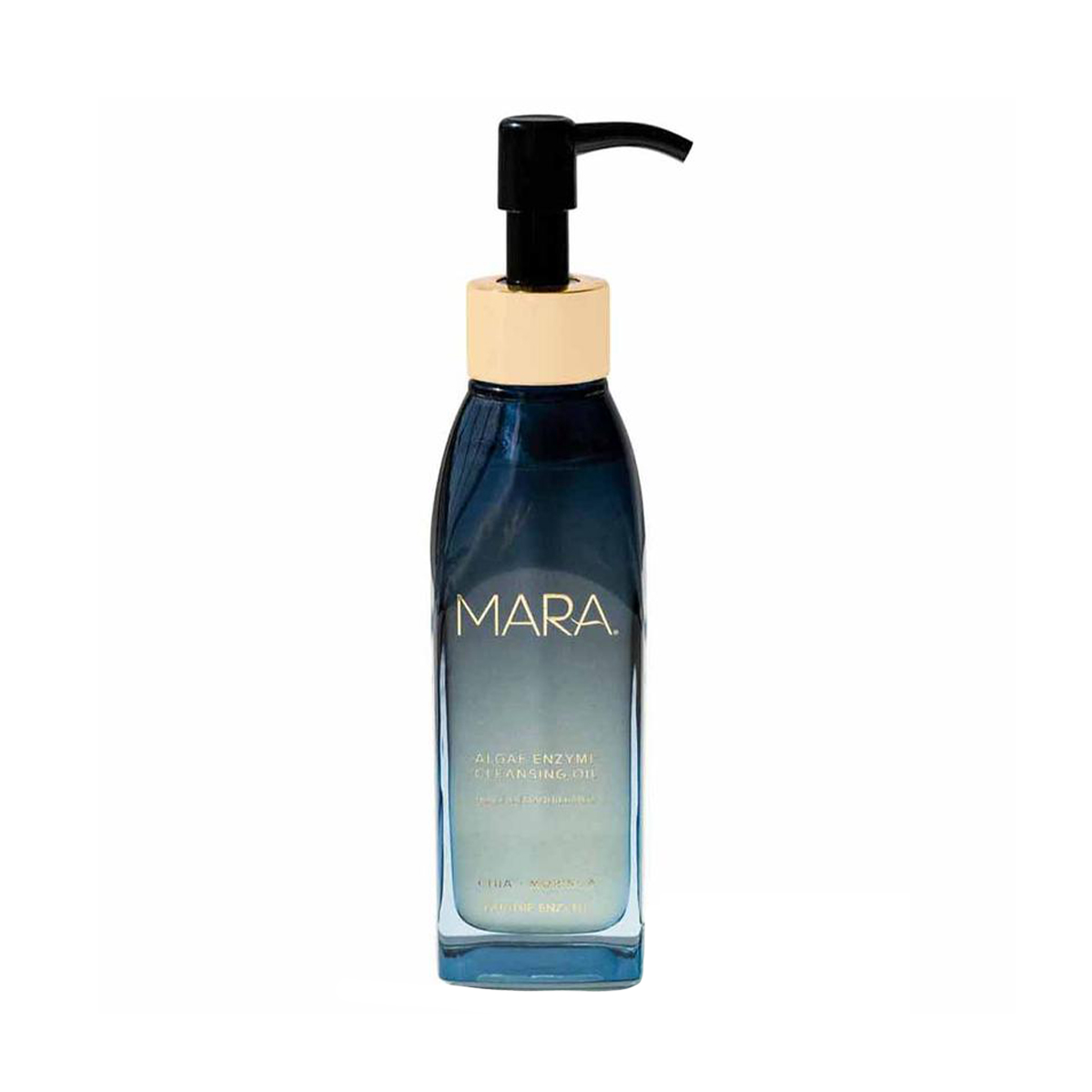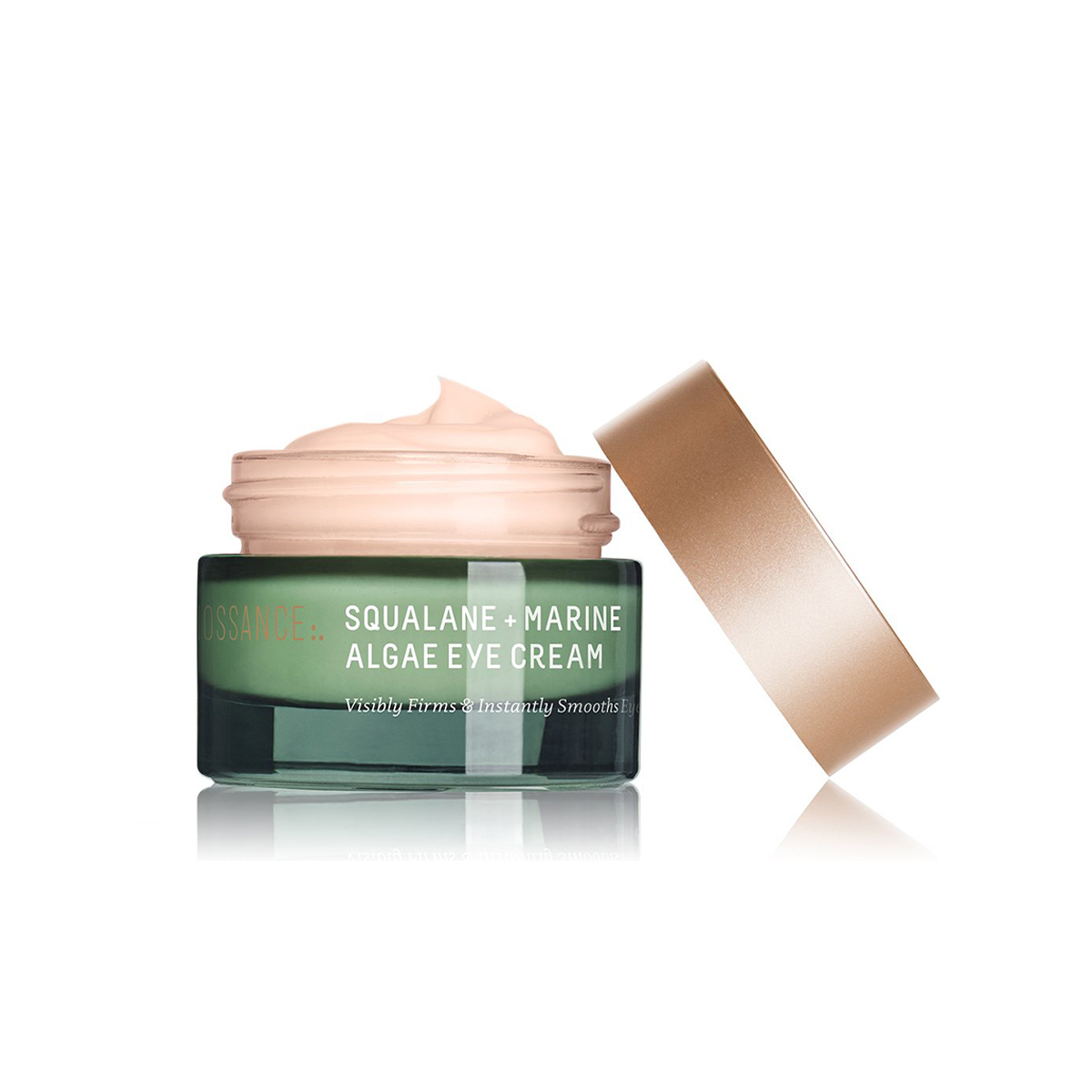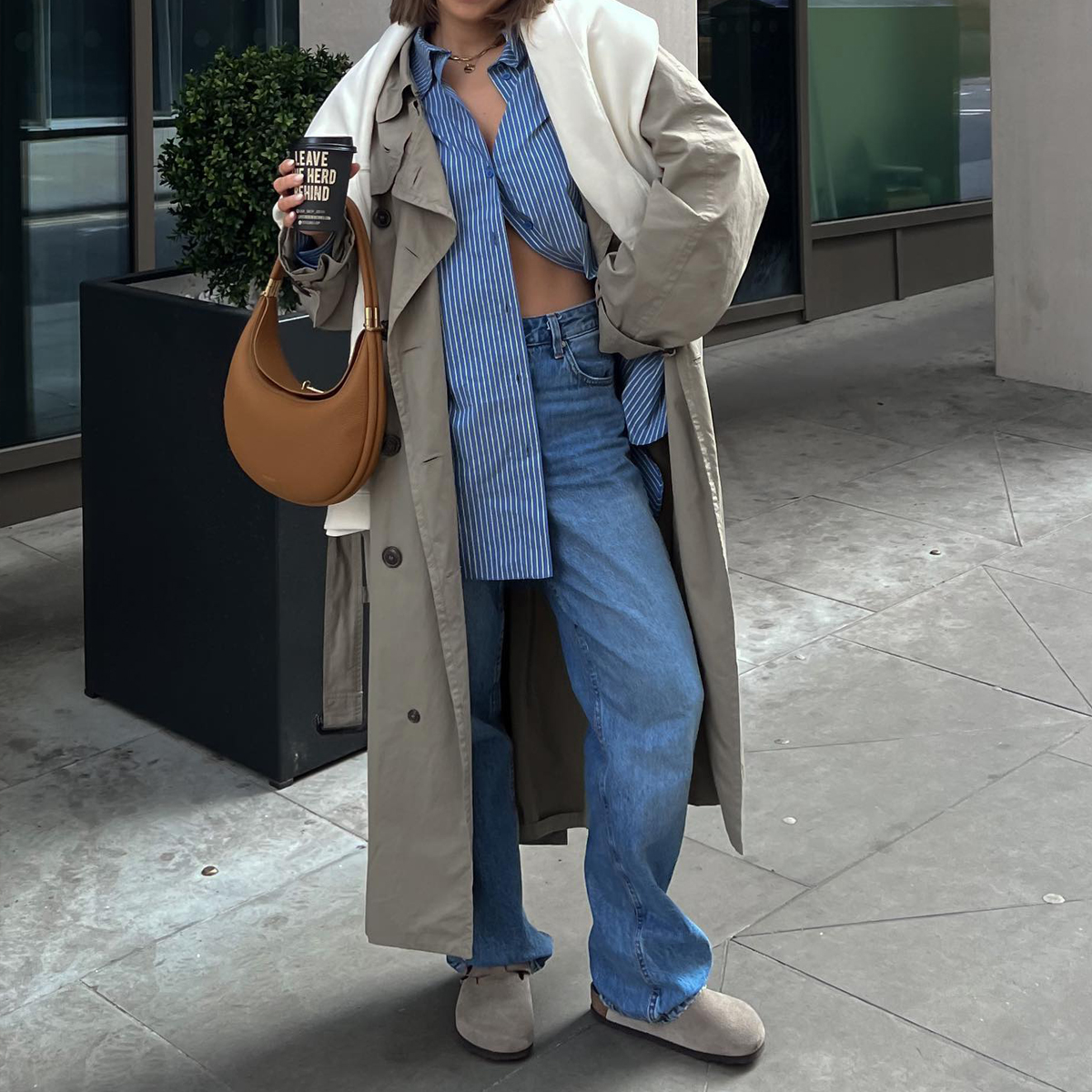9 Essential Tips to Ensure Your Natural Skincare Routine Is Actually Effective
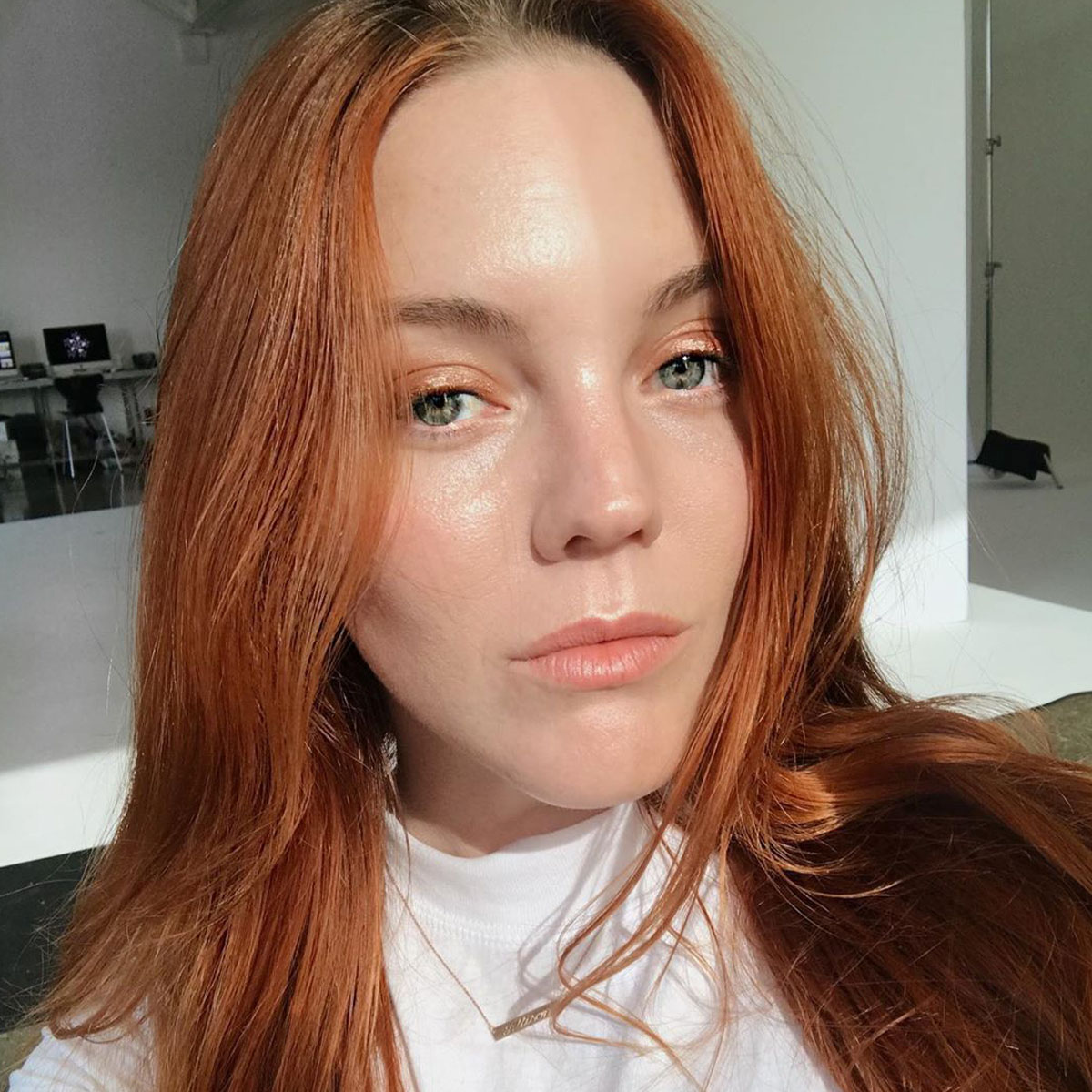
You may or may not know that there's some hot debate within the skin industry about natural skincare and whether or not it's A) effective (or at least as effective as your standard skincare), B) worth the often-scary price points, and C) as "safe" as its proponents tout it to be. Since there is basically no regulation in the United States regarding ingredients, it's harder to know how clean or nontoxic products marketed as natural actually are, and it can also get confusing when the majority of clinical skin experts seem to prefer products that are, not surprisingly, more clinical in nature.
That said, with the clean-beauty movement gaining momentum with exponential speed, ingredient quality, sourcing standards, and formulaic innovations have increased dramatically from 20, 10, five, even two years ago.
"I firmly believe that natural ingredients can be just as effective, if not better, than conventional synthetic ingredients," Tata Harper, the founder of her namesake organic skincare line, tells me. "A lot of people don’t realize, but most of the innovation happening in the skincare and ingredient world in the natural space right now."
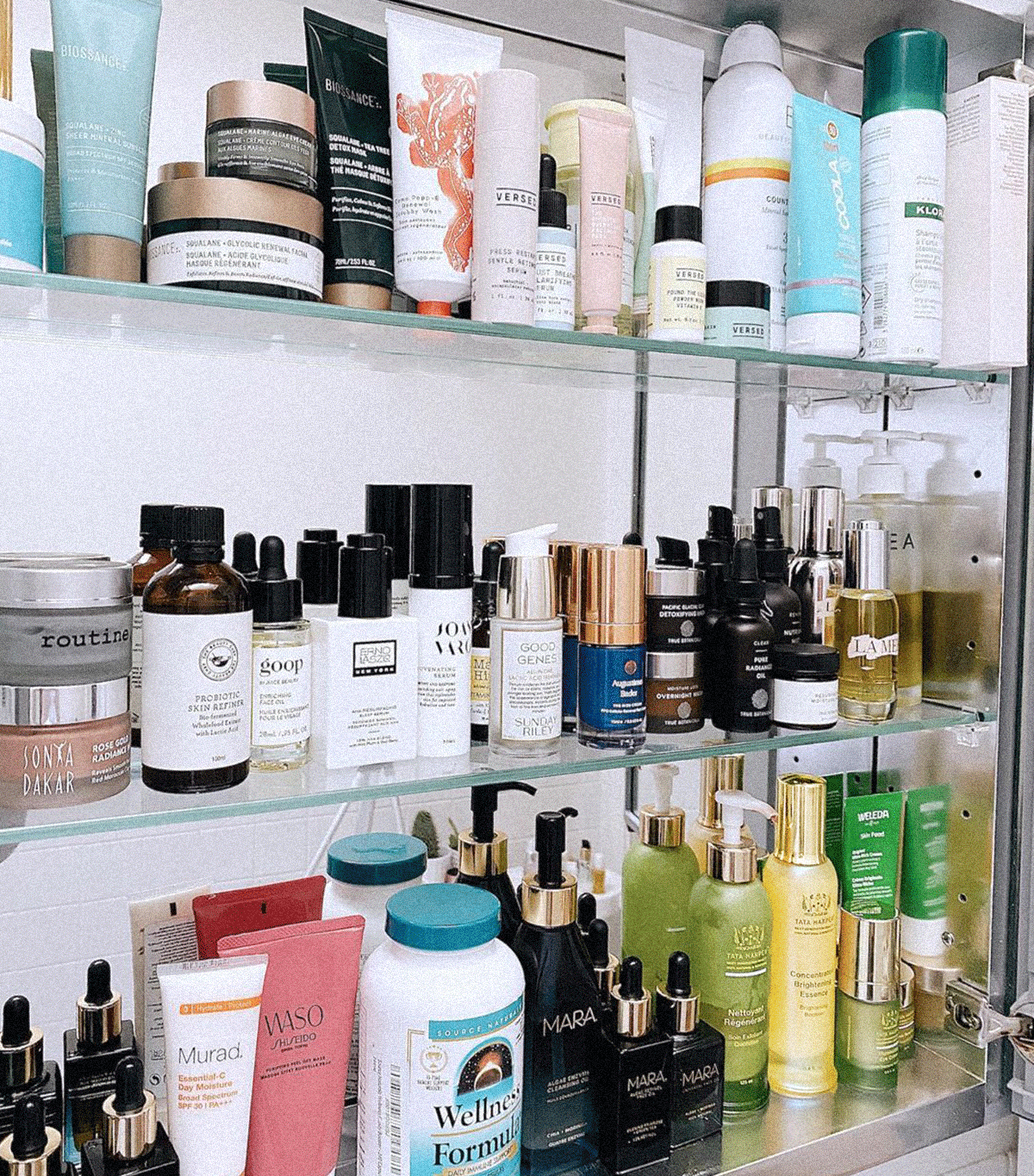
As a beauty editor, I get asked all the time whether or not I think natural skincare products are "worth it" or if I adhere to a natural or clean beauty routine. This, of course, gets a little messy. First of all, everyone has different skin concerns, everyone has a different skin type, and everyone has a different budget to be able to afford such products. Personally, I find most (but not all) natural skincare products provoke my pimple-prone complexion and irritate my skin. (More on that later!) But on the other hand, so many people I know, including fellow editors with sensitive skin, say natural skincare has worked miracles. Ultimately, finding your perfect skincare routine—natural or not—takes lots of research, trial and error, patience, and if possible, some professional counsel from a dermatologist or facialist.
"In general, both natural and synthetic skincare can be effective," says board-certified dermatologist Jennifer Herrmann. "It’s much more about individual ingredients and products than blindly adhering to a camp. It’s also about using less in general. Using an excess of products puts a person at increased risk of adverse effects regardless of the category used."
Since I'm not an expert but am constantly peppered with questions about curating the perfect natural skincare routine, I decided to reach out to a handful of different experts within the skincare industry—from knowledgeable founders of well-known natural skincare brands to celebrity facialists to dermatologists. Below, they're listing their top nine tips for ensuring your natural skincare routine is as effective as possible, in addition to sharing some of their favorite brands, products, and the step-by-step skincare routines they abide by themselves. Keep scrolling!
Tip #1: Switch to a Natural Skincare Routine Slowly
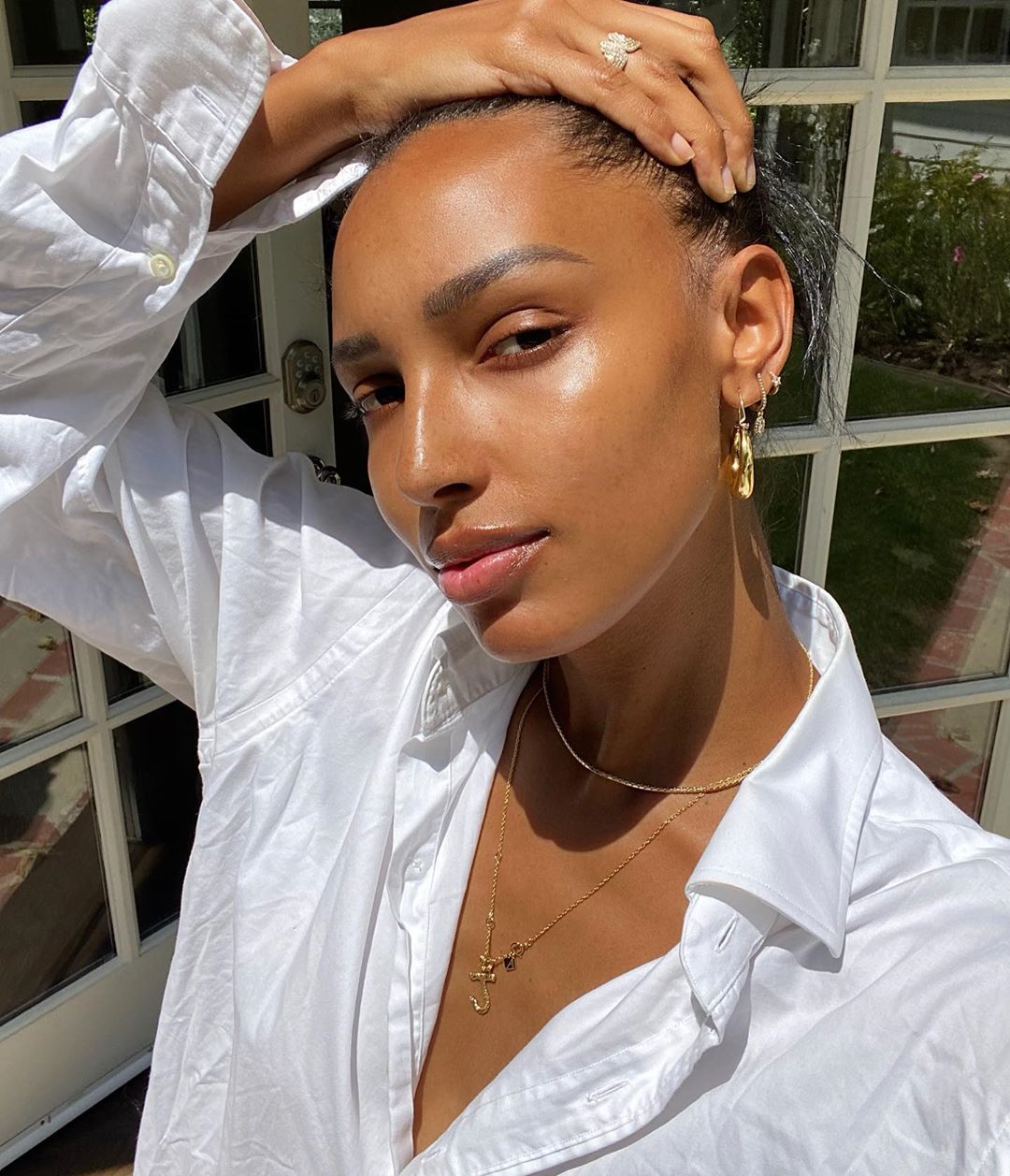
According to Tata Harper, one of the most important things to do when converting to a natural skincare routine is to do so slowly and not all at once. And consider starting said conversion by experimenting with masks and cleansers.
"It’s really about changing your regimen slowly to give your skin time to adjust and to find what works for you. Masks and cleansers are a great place to start so you can experience and learn about a brand," Harper explains. "After that, you can start trying moisturizers, essences, and face oils. The last switch should be the larger investment treatment products, like serums and eye creams. It’s really important to make sure that the rest of your routine is working for you before trying new treatments otherwise you won’t be able to properly evaluate the results."
Tip #2: Pay Attention to Labels & Certifications
"With the rise of clean beauty, more and more brands are trying to claim they are safe or natural or any of those other buzzwords," warns Harper. "When you begin to clean up your beauty routine, it is important to pay attention to labels and certifications. I would direct people to take a look at the 1300 plus ingredients banned by the EU. Some of the ones to look out for are parabens, phthalates, PEGs, SLS, and mineral oil."
"Many ingredients found in traditional skincare can aggravate and irritate the skin barrier—like fragrance, sulfates, and petroleum-based ingredients which can be the root cause for many skin concerns," says Allison McNamara, founder of Mara Beauty. "Clean skincare products strip out the toxic filler ingredients, so you’re getting more efficacious formulas."
Tip #3: Curate Your Routine With Ingredients Suited to Your Skin Type & Concerns
When constructing a natural skincare routine, both celebrity facialist Sonya Dakar and Herrmann stress that it's more about paying attention to ingredients and manufacturing versus the term "natural."
"It's more about the ingredient itself," Dakar tells me. "Arsenic is natural and NOT healthy. There are just as many side effects from natural ingredients as there could be in non-clean ingredients. It depends on the manufacturer, and skin type, and the individual using it."
"Certainly, there are both plant-based and synthetic products that are healthy for the skin, and products in both camps that have no place anywhere near the skin," agrees Herrmann. "Lead and other heavy metals, asbestos, and certain chemicals that can interfere with hormones that have been found in commercial cosmetics shouldn’t be in any cosmetic or prescribed product, period. But natural, plant-based products can cause contact allergies and irritation as well as direct skin DNA damage. Plant oils, for instance, can cause rashes (think poison ivy) and plant fragrances like bergamot contain psoralens that directly damage DNA chromosomes, which can cause intense sunburns and over time potentially even skin cancer. In general, both natural and synthetic skincare can be effective. It’s much more about individual ingredients and products than blindly adhering to a camp."
For oily/combination acne-prone skin, Dakar suggests prioritizing niacinamide, salicylic acid, colloidal silver, and sulfur which all work together to treat breakouts.
For sensitive skin especially those with dermatitis, Dakar suggests oils, specifically ingredients like flaxseed oil, which is rich in omegas-3, -6, and -9 and crucial to healing the skin. (Her Organic Omega Booster, $54, and Blue Butterfly Balm, $85, are both fabulous options.)
For anti-aging, Dakar says CBD is her new obsession along with Kahan oil as it's a delicate alternative to retinol and will not irritate the skin.
Tip #4: Always Use Lukewarm Water Throughout Your Skincare Routine
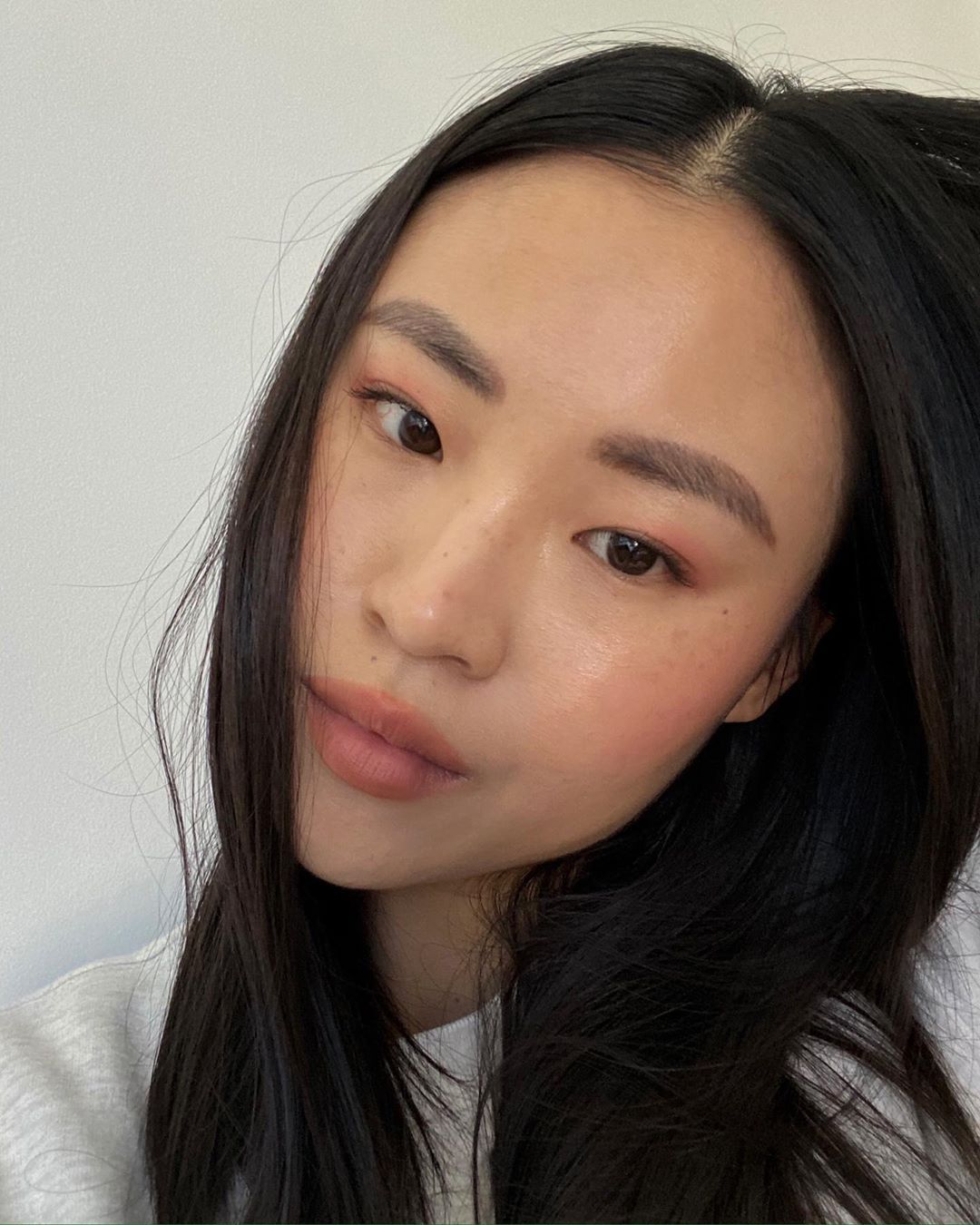
"Make sure you're washing your face with lukewarm water—NEVER HOT," emphasizes Dakar. "It will irritate and dry out the skin. After cleansing, pat your skin with a dry towel but make sure you leave your complexion a little bit damp so when you apply your next product it will absorb faster and more effectively. You also end up using a little less product when your skin is damp!"
Tip #5: Shop at Clean Beauty Retailers
"I always suggest people go to clean beauty stores, like Credo Beauty or The Detox Market, when switching over to a clean routine," says McNamara. "All the products they carry have been expertly vetted, so you can be at ease knowing that you’re choosing something with good-for-you ingredients."
Tip #6: Natual Skincare Can Be Expensive, so Focus on Your Daily Essentials
Due to sourcing, packaging, and quality of ingredients, lots of natural skincare brands (and therefore routines) get very, very expensive. So if your budget doesn't have the bandwidth for a full overhaul, consider going natural and clean with the select products you use most often and in the greatest portions on a daily basis.
"For anything that you use a lot of, you really want to limit your exposure to chemicals that could accumulate in your body and in our world with unknown consequences," advises Heather D. Rogers, founder and CEO of Doctor Rogers Restore and co-founder of Modern Dermatology in Seattle.
"For me, there are only two reasons to not opt for a clean product: budget constraints and clinical studies showing a certain product is effective in treating a particular concern. Most natural skincare prioritizes ingredients that are biodegradable (meaning that they do not accumulate in our bodies or the environment) which is a good thing. However, they may include plant-based ingredients that can cause irritation or allergic reactions, which is not what you want."
So not to sound like a broken record, but even when skincare products are labeled natural, pay attention to the ingredients—bearing in mind your skin type or any sensitivities—to ensure they don’t cause more harm than good.
Tip #7: If You Have Sensitive Skin, Tread Carefully
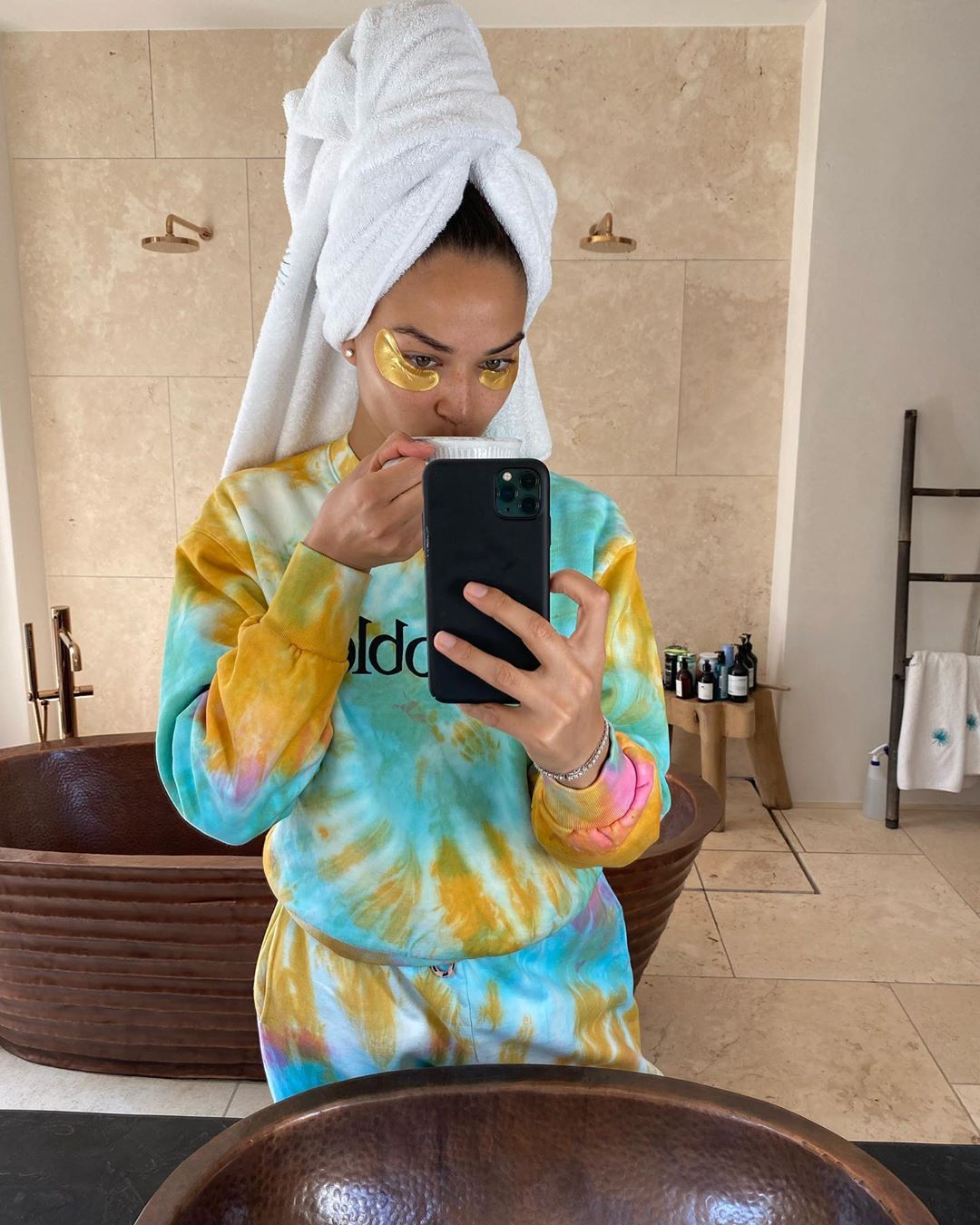
For those with sensitive or acne-prone skin, it's important to take some extra precautions with your natural skincare regimen. Pay heed to Harper's recommendation of gradually incorporating clean formulas, and try your best to steer clear of certain ingredients that may exacerbate your skin.
"Those with sensitive skin should avoid fragrances, essential oils, lanolin, and physical exfoliators like salt, sugar, nuts shells, etc." Rogers confirms. "Often, this group is told to use bland, hypoallergenic products like Cetaphil and CeraVe, but the problem is these products often contain petroleum, propylene glycol, mineral oil, and parabens that do not biodegrade. And more often than not, the packaging cannot be recycled."
Another essential piece of advice? Do a patch test! Herrmann recommends patients with sensitive or rosacea-prone skin test a small area of the skin on the inner arm first before applying a new product to the entire face to make sure no allergy or irritation occurs.
Tip #8: Don't Neglect Other Areas of Your Health
"Equally important to choosing a suitable and safe skincare routine is treating your skin from the inside out," Herrmann reminds me. "Nutrition, exercise, mindfulness, and smart supplements can benefit the skin tremendously when combined with the natural skincare routine best suited for your skin."
Tip #9: Apply Your Eye Products Like Sunglasses & Eye Glasses
"Basically, apply your natural eye products with a wide, large application extending from the inner corners of the eyes all the way to the top of the cheekbone, out to your hairline, and above your brows—like a big pair of Jackie O. sunglasses!" tips off Dakar. "This will treat expression lines, and then you can go in closer—like eye glasses—under the eyes and lids."
Curious to know which natural skincare brands, products, and routines our experts swear by? Keep scrolling!
Tata Harper
"I firmly believe that natural ingredients can be just as effective, if not better, than conventional synthetic ingredients. I believe that more ingredients equal more results—that’s why we take the extra step of engineering every single formula with as many potent and natural active ingredients as possible. We source these natural ingredients from all around the world to ensure that we are always using the most cutting edge green technology.
"When it comes to my daily essentials, I’m a maximalist. I believe that more is more when it comes to my skincare, and I use a multitude of our products every day, twice a day."
My A.M. Skincare Routine
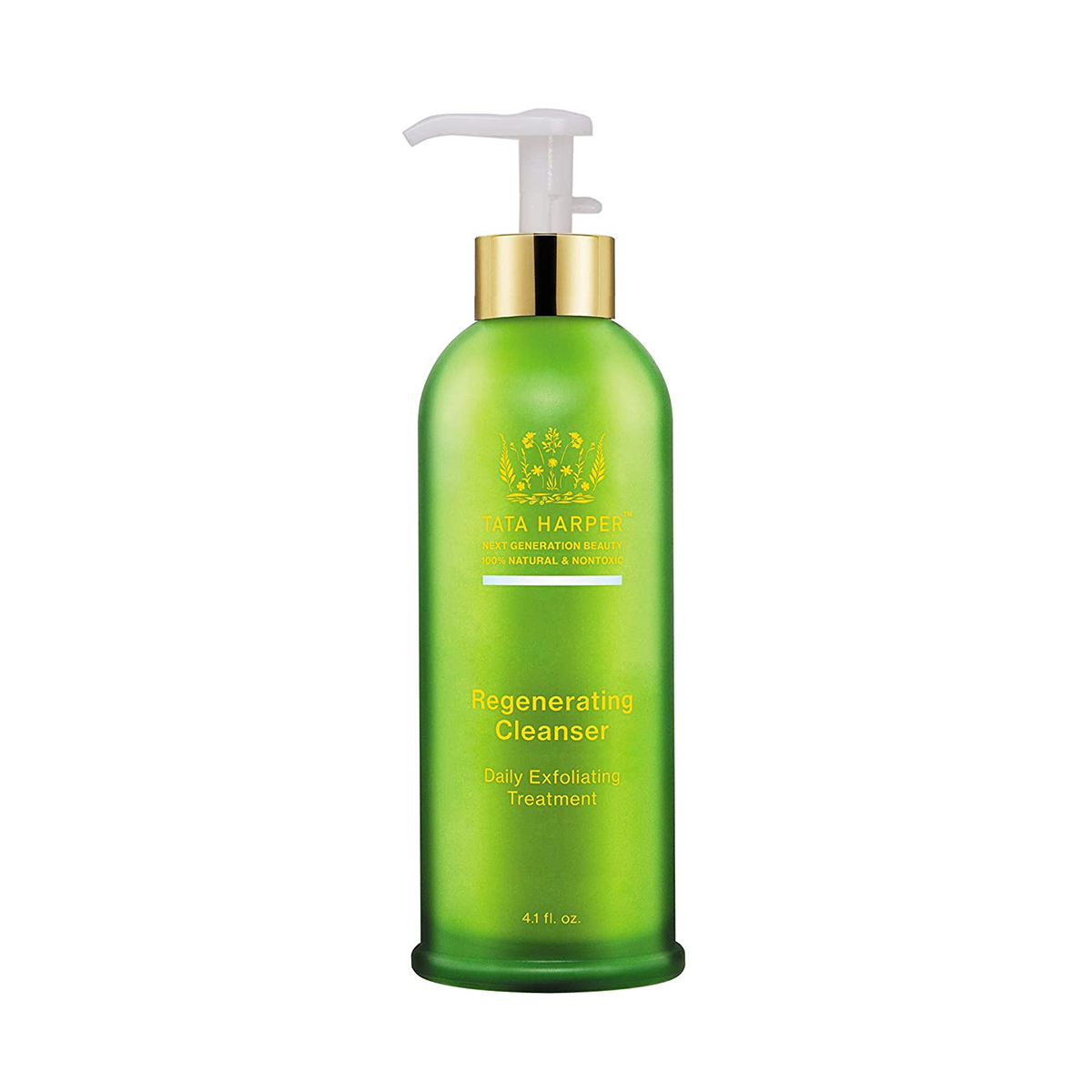
"For my morning routine, I always start by exfoliating with our Regenerating Cleanser—exfoliating daily really lets my skin breathe and glow since it gets rid of any buildup that accumulates overnight. It also helps ensure that the products I apply afterward absorb better."
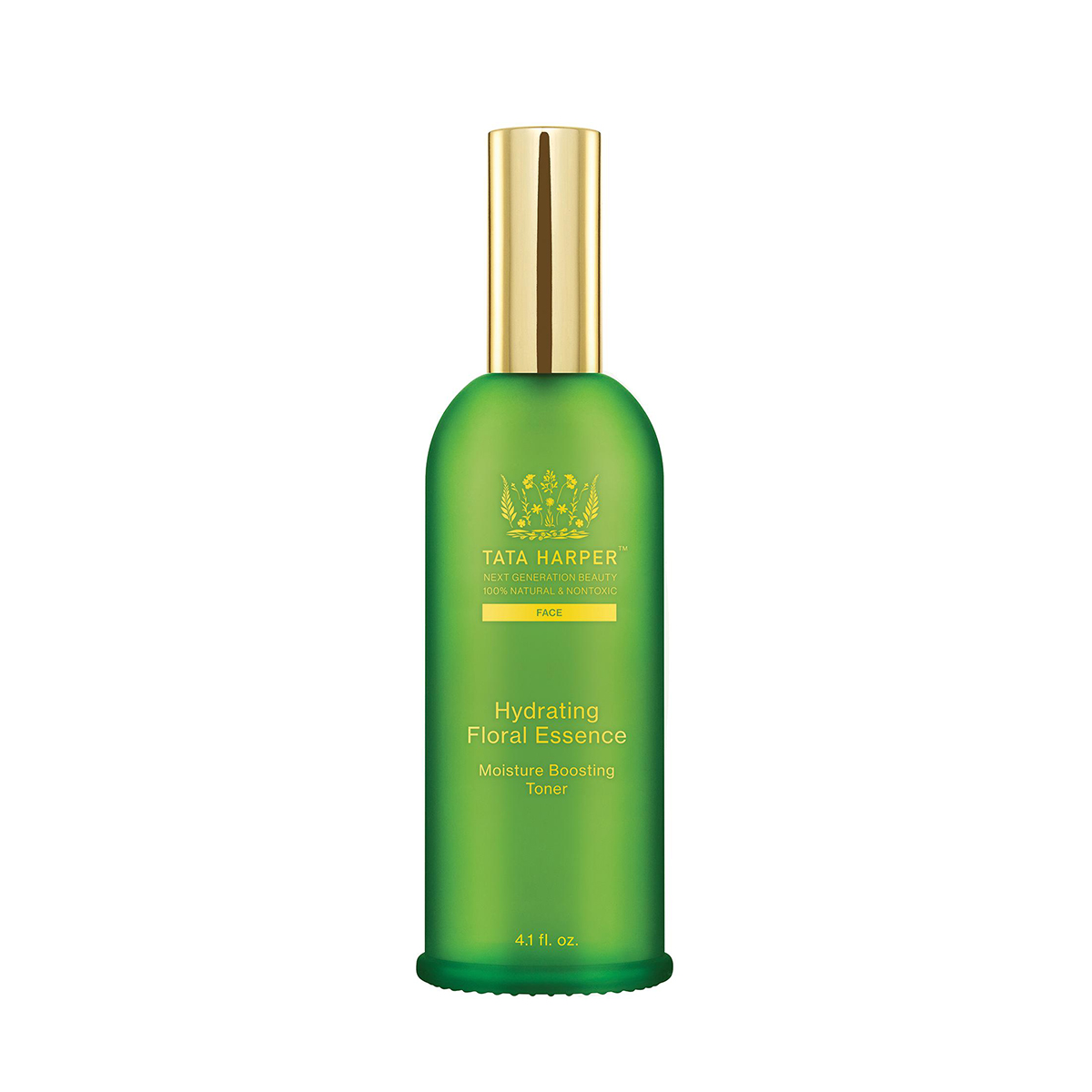
"I follow with the Hydrating Floral Essence to help prep my skin for treatment and help my serums penetrate deeper."
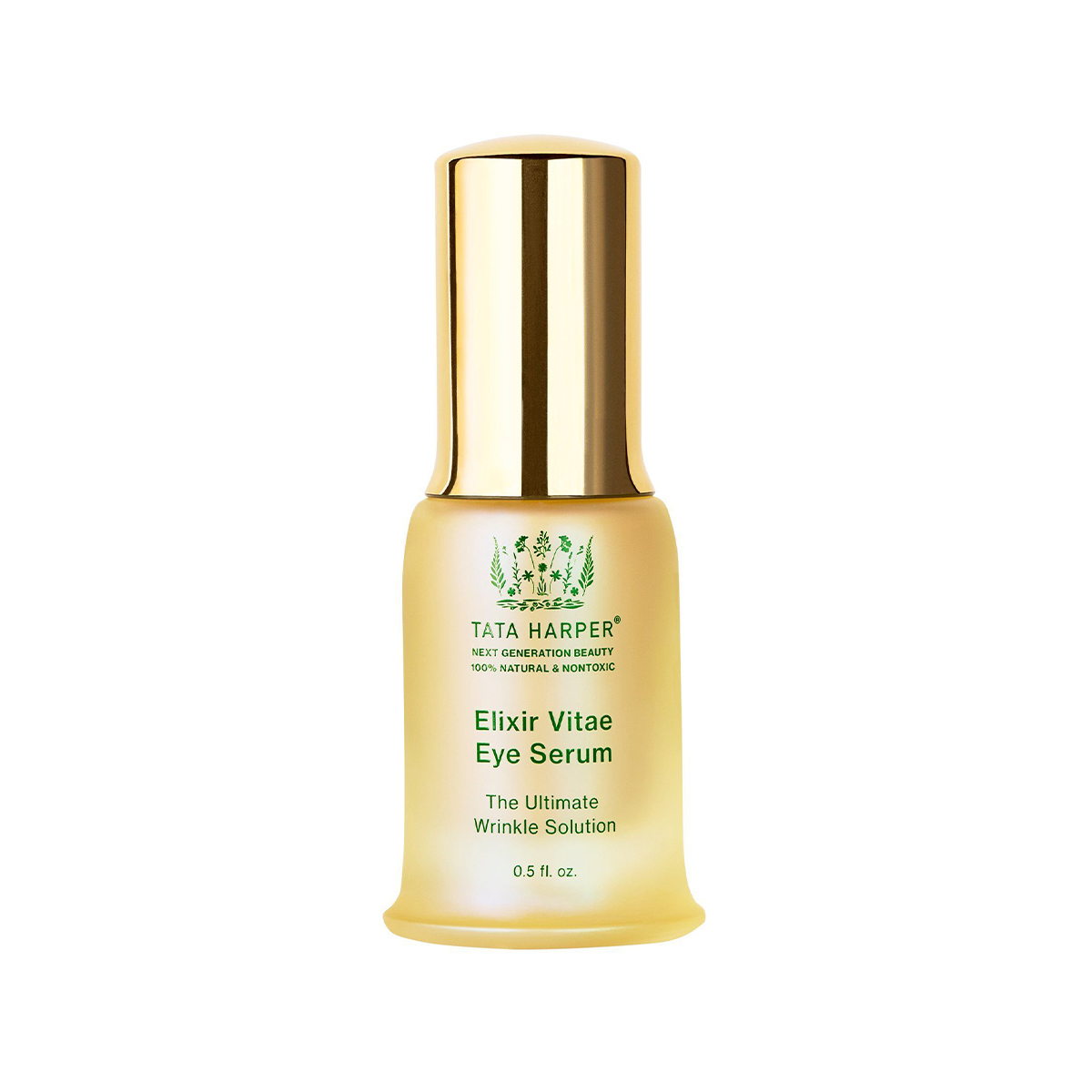
"Followed by the Elixir Vitae Eye Serum, and then the Repairative Moisturizer."
My P.M. Skincare Routine
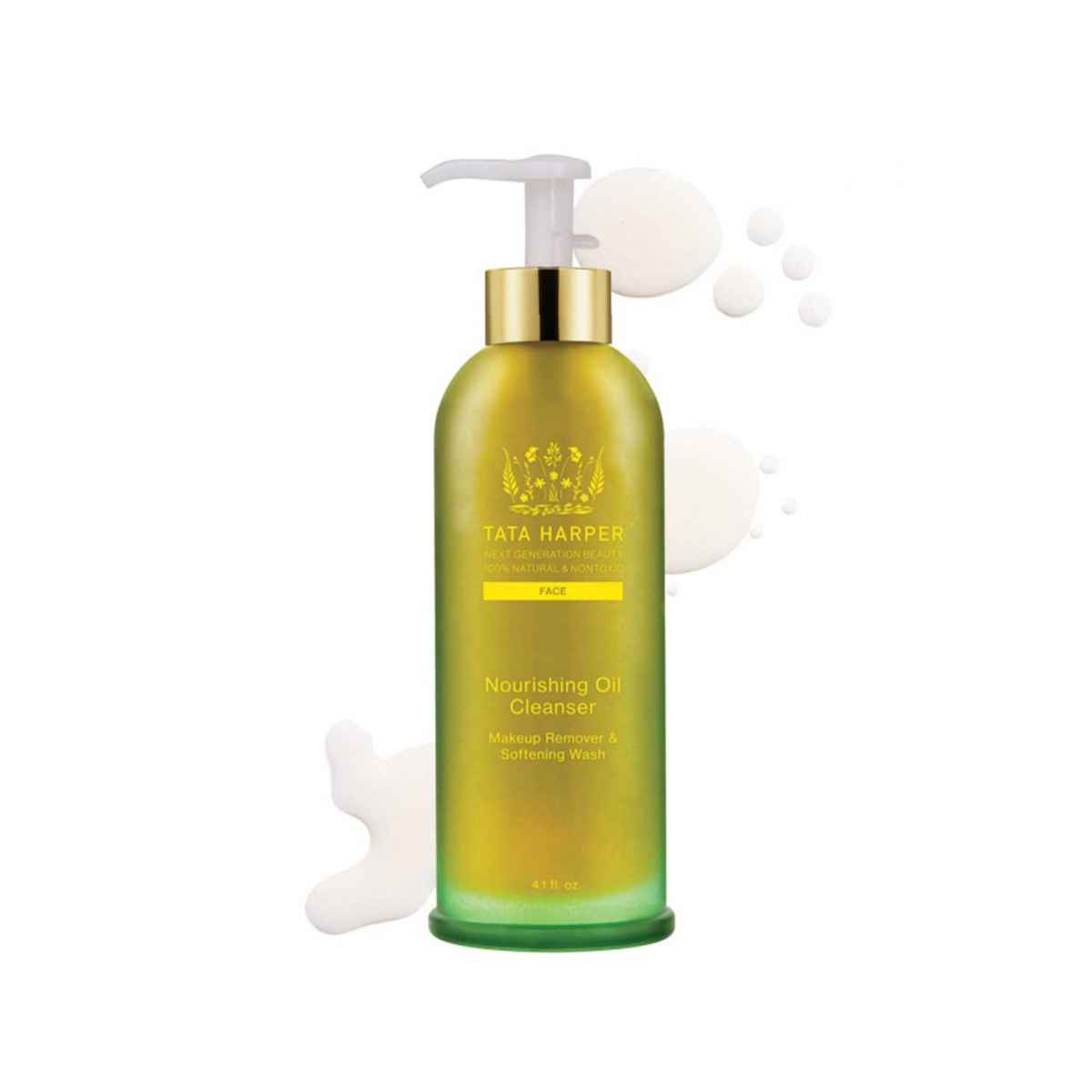
"At night, I always start with double-cleansing. First, I use the Nourishing Oil Cleanser to get rid of that top layer of dirt and grime from the day."
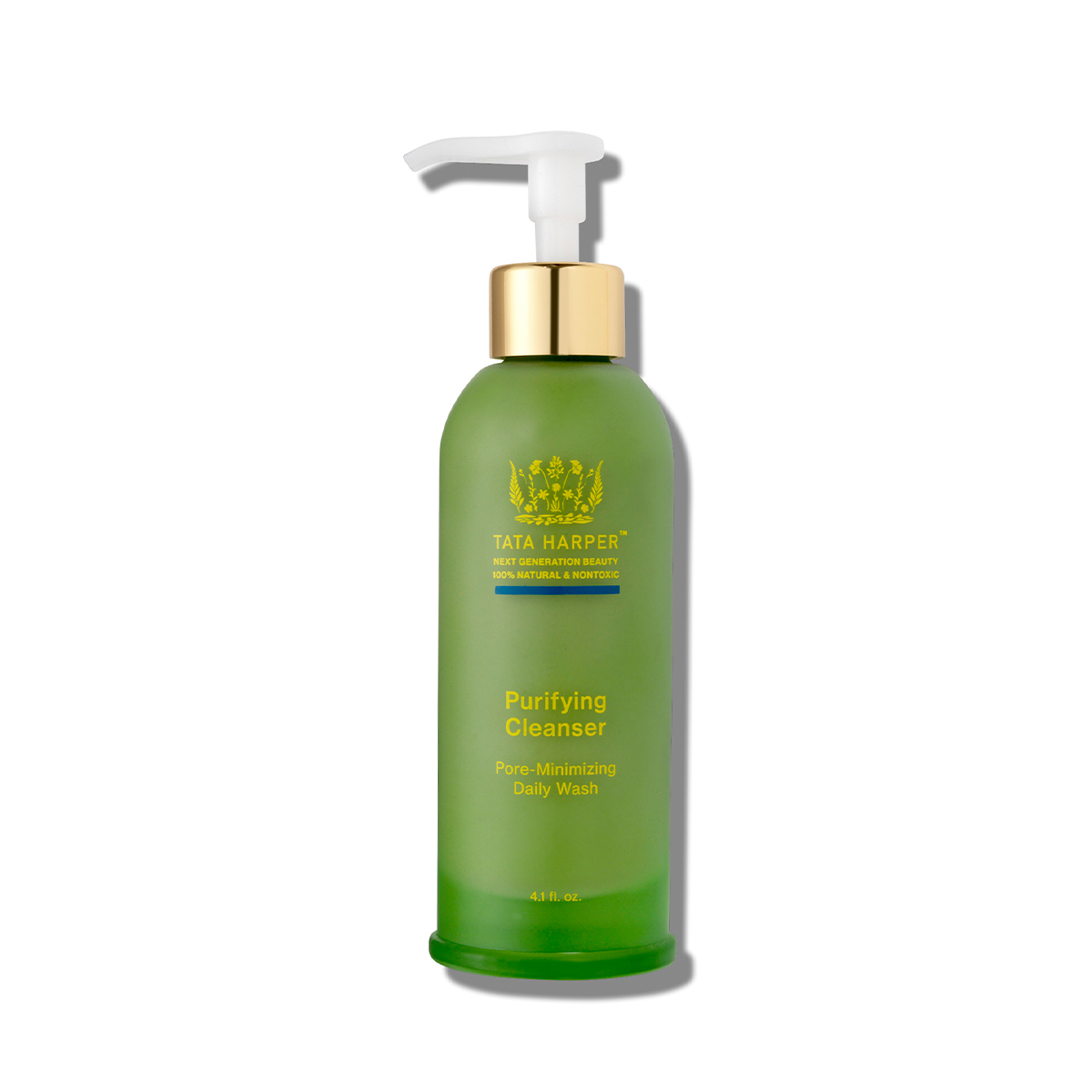
"Then, I follow with the Purifying Cleanser to actually cleanse and detox my skin."
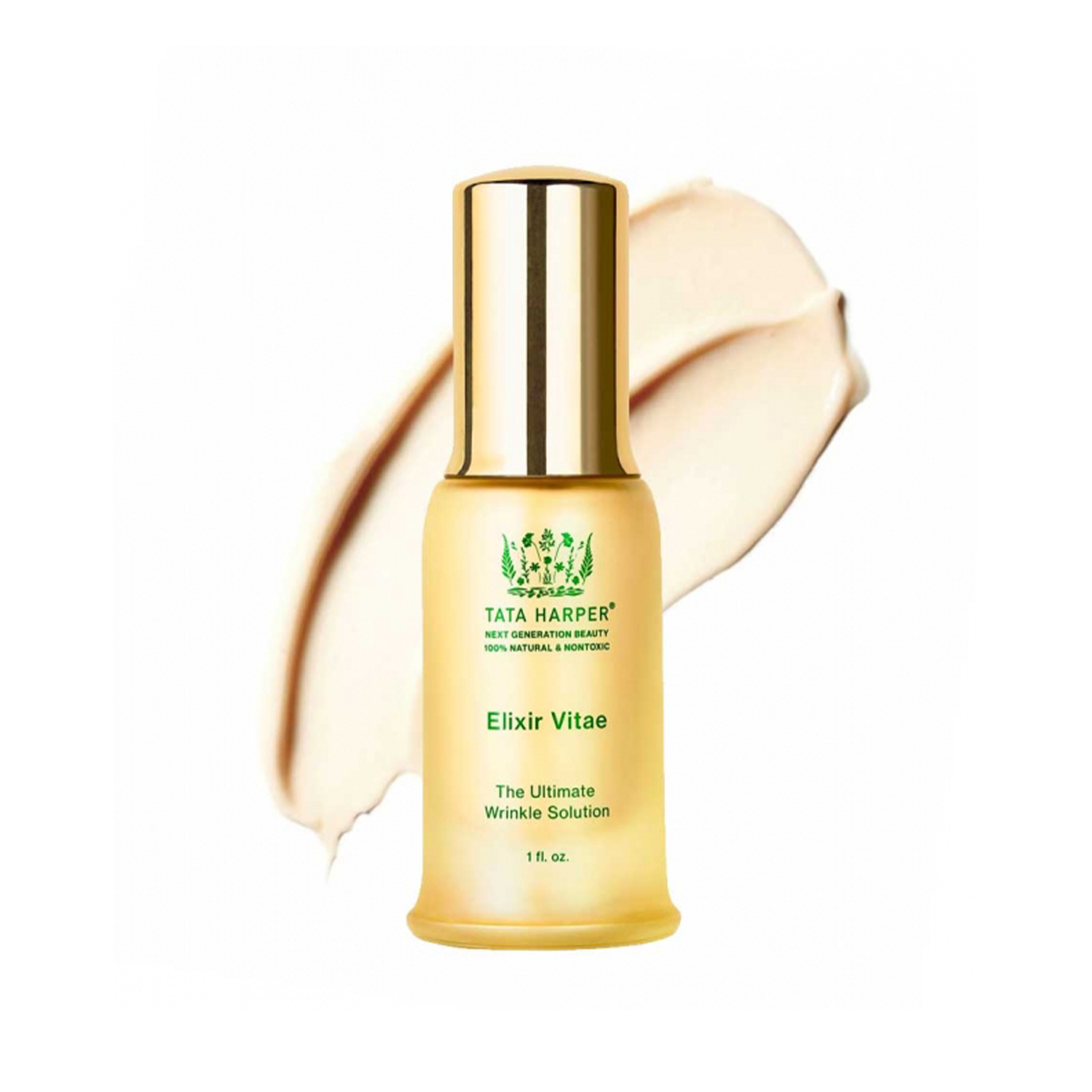
"For serums, I use Elixir Vitae on my face and Boosted Contouring Serum on my neck."
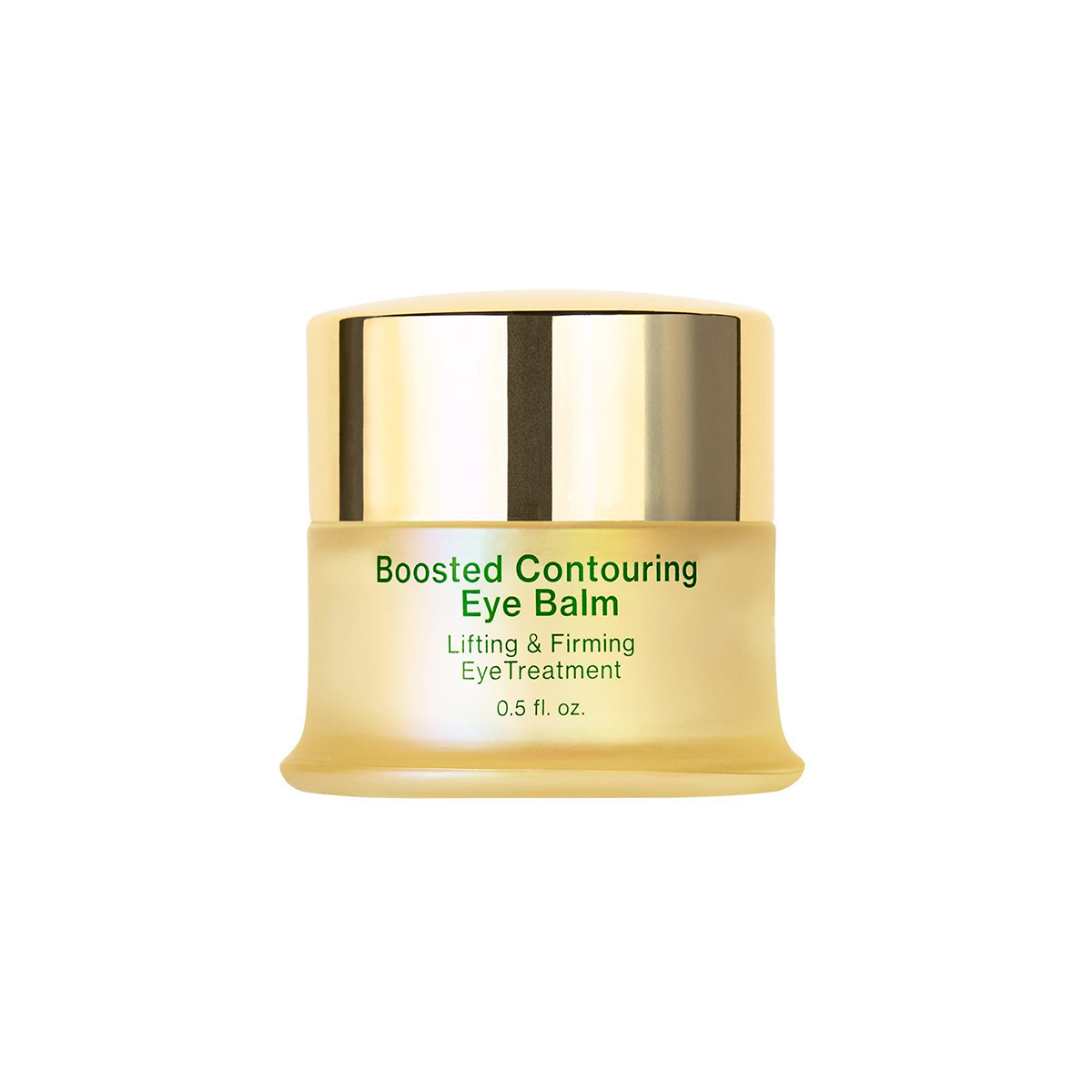
"I like a thicker eye cream at night, so I usually use the Boosted Contouring Eye Balm."
Allison McNamara
"A clean skincare routine can not only be just as effective as a non-natural routine, but I’d go as far as to say that you will see drastic improvements in your complexion when you switch to a clean skincare routine. Of course, I love my brand, Mara, along with Tata Harper, True Botanicals, Biossance, Versed, and Goop for skincare. For body, I love Nécessaire and Osea Malibu, and for makeup, I adore Kosas, Ilia, and Tower 28 Beauty."
My A.M. Skincare Routine
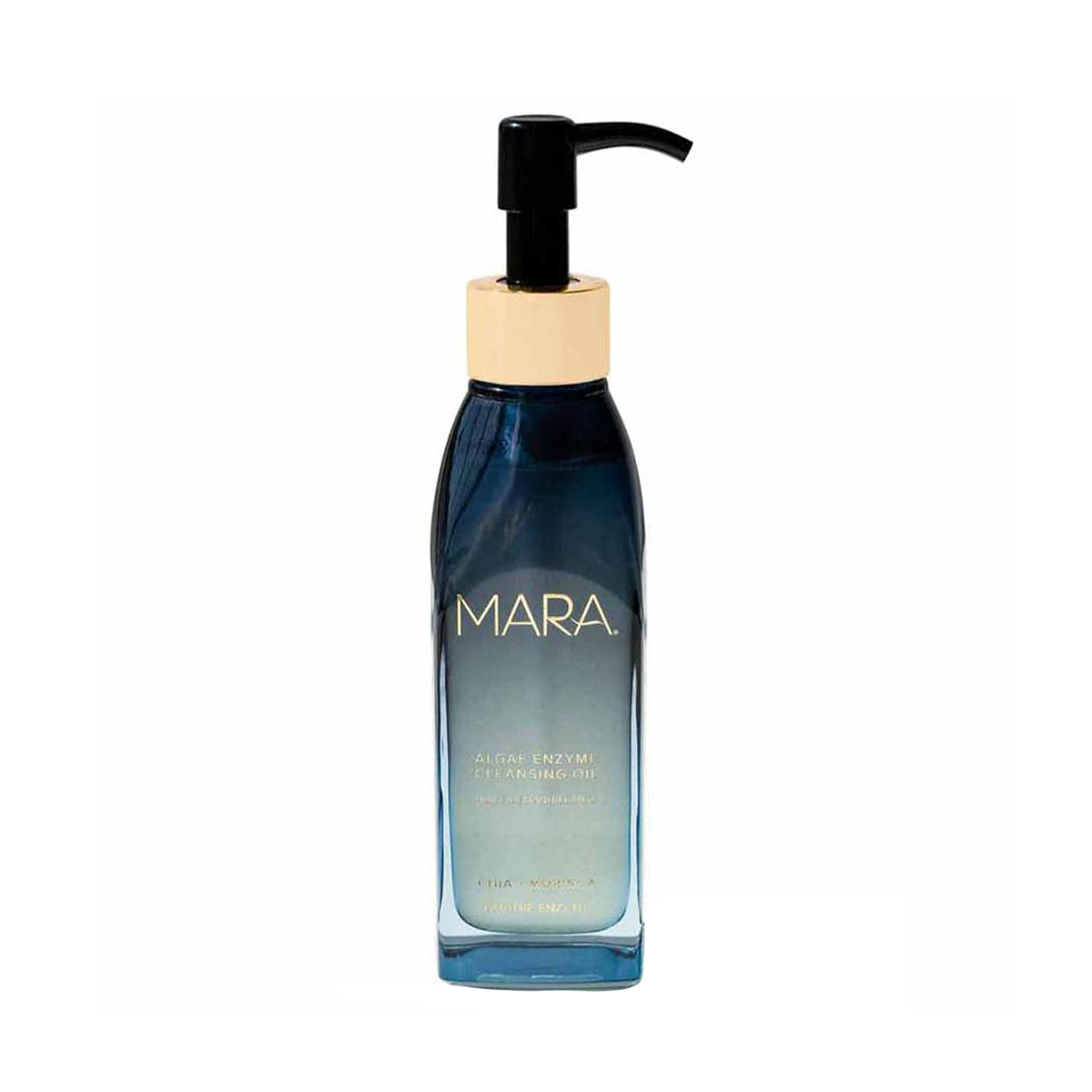
"I start my morning with a damp cleanse. I'll use the Mara Algae Enzyme Cleansing Oil or just a quick mist with True Botanicals Renew Nutrient Mist ($28)."
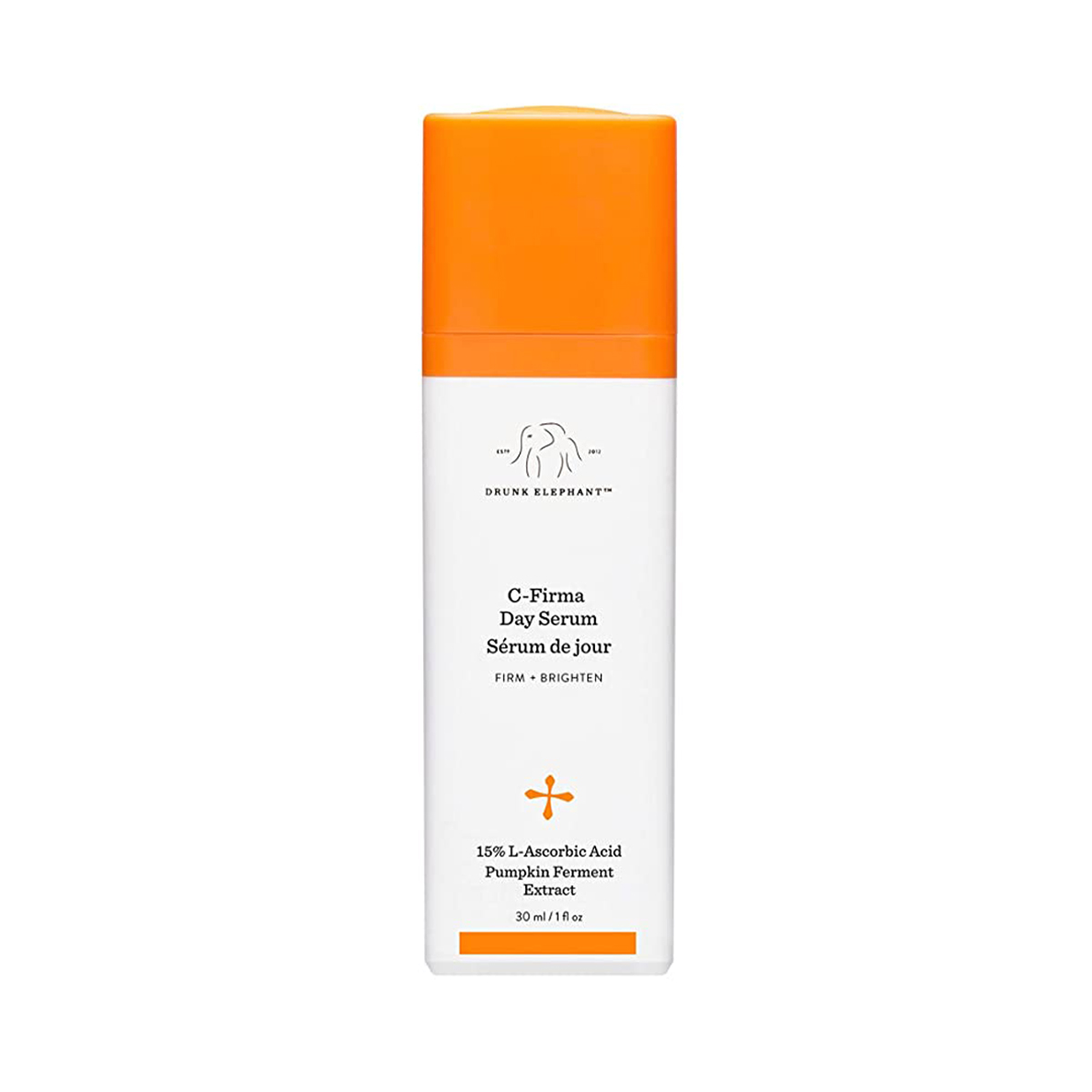
"Next comes vitamin C serum. I love Drunk Elephant's and Naturopathica's C15 Wrinkle Repair Serum ($118)."
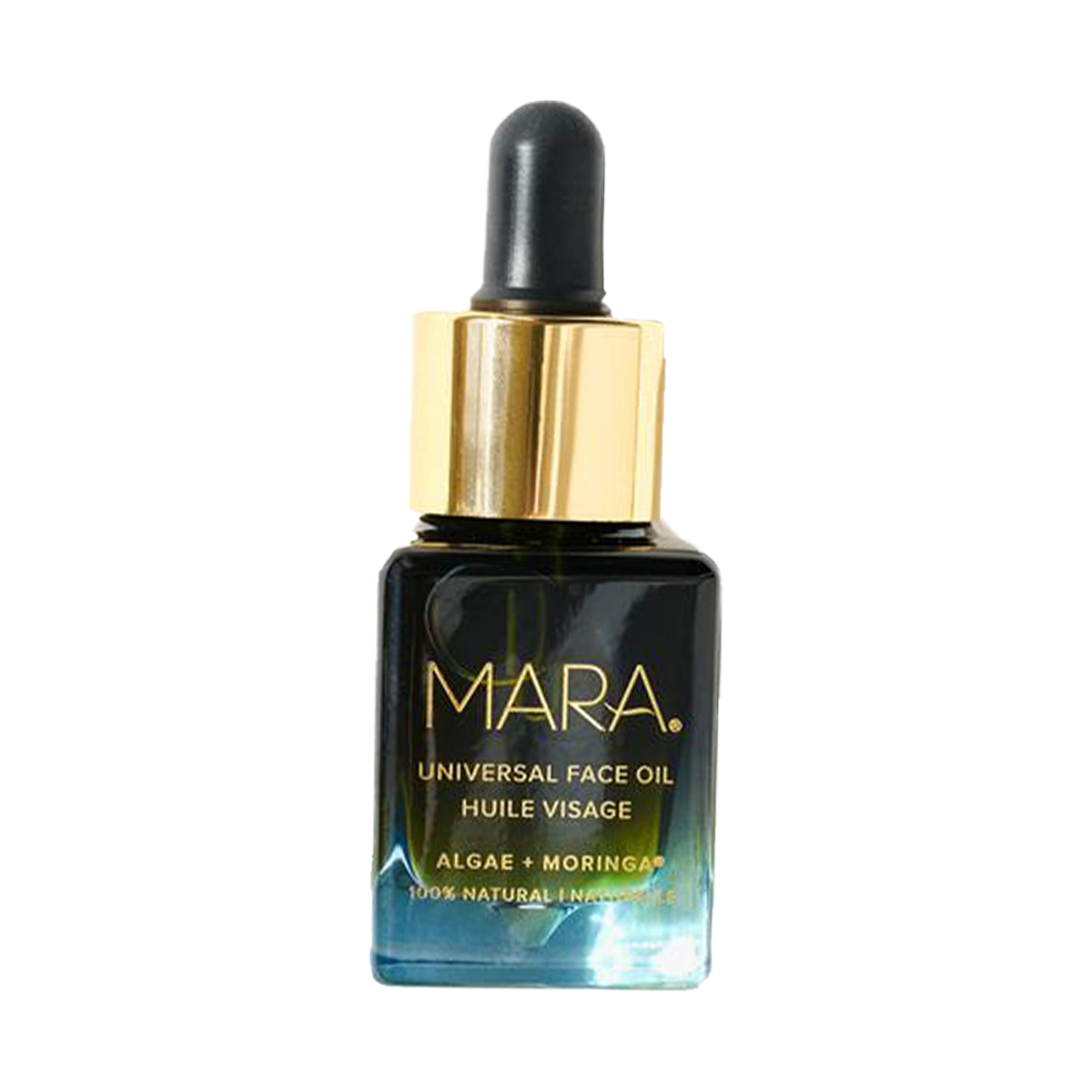
"For hydration, I layer my C serum with the Mara Universal Face Oil."
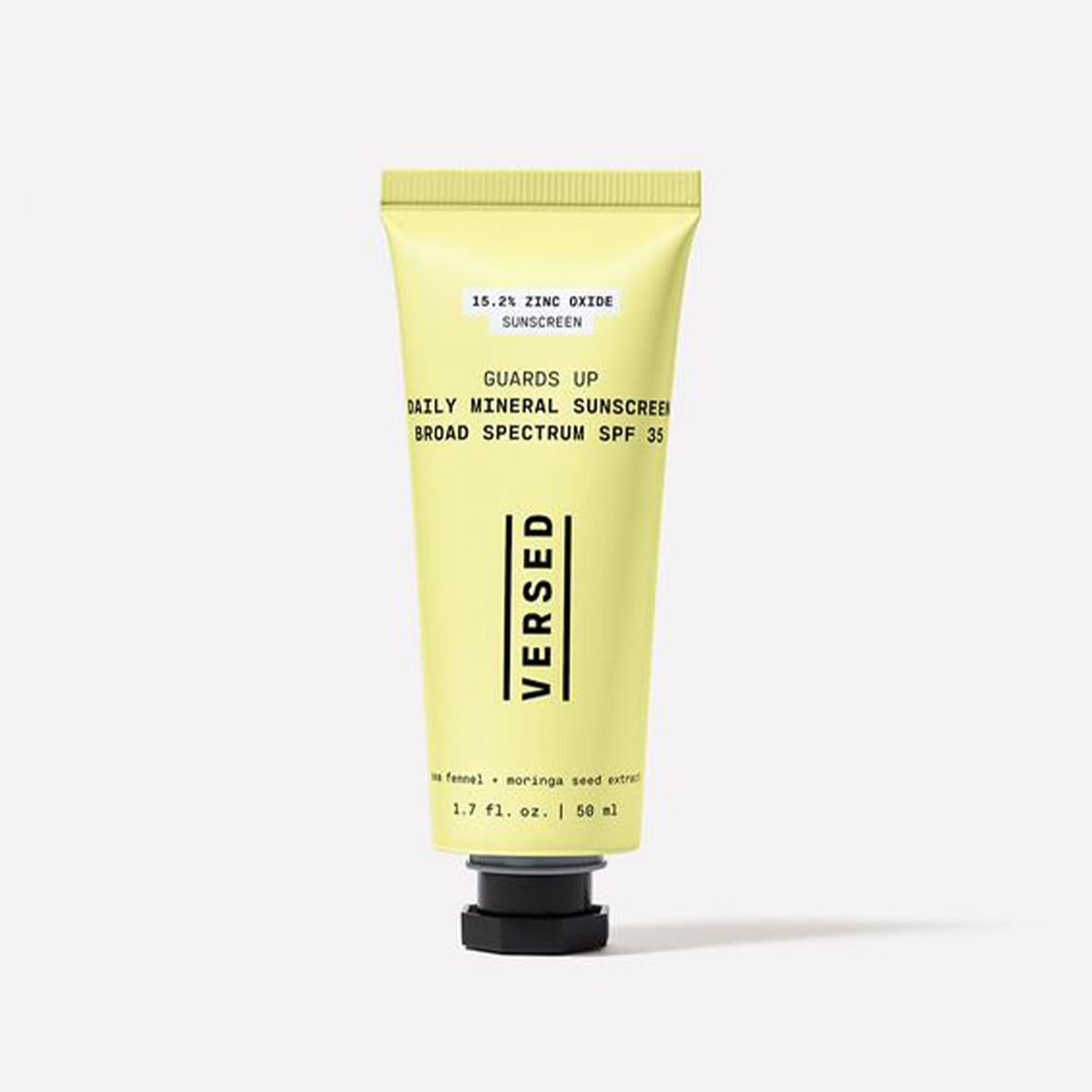
"Last but not least, SPF! I like Biossance's Squalane + Zinc Sheer Mineral Sunscreen SPF 30 PA +++ ($30) or Versed's new clean formula called Guards Up."
My P.M. Skincare Routine
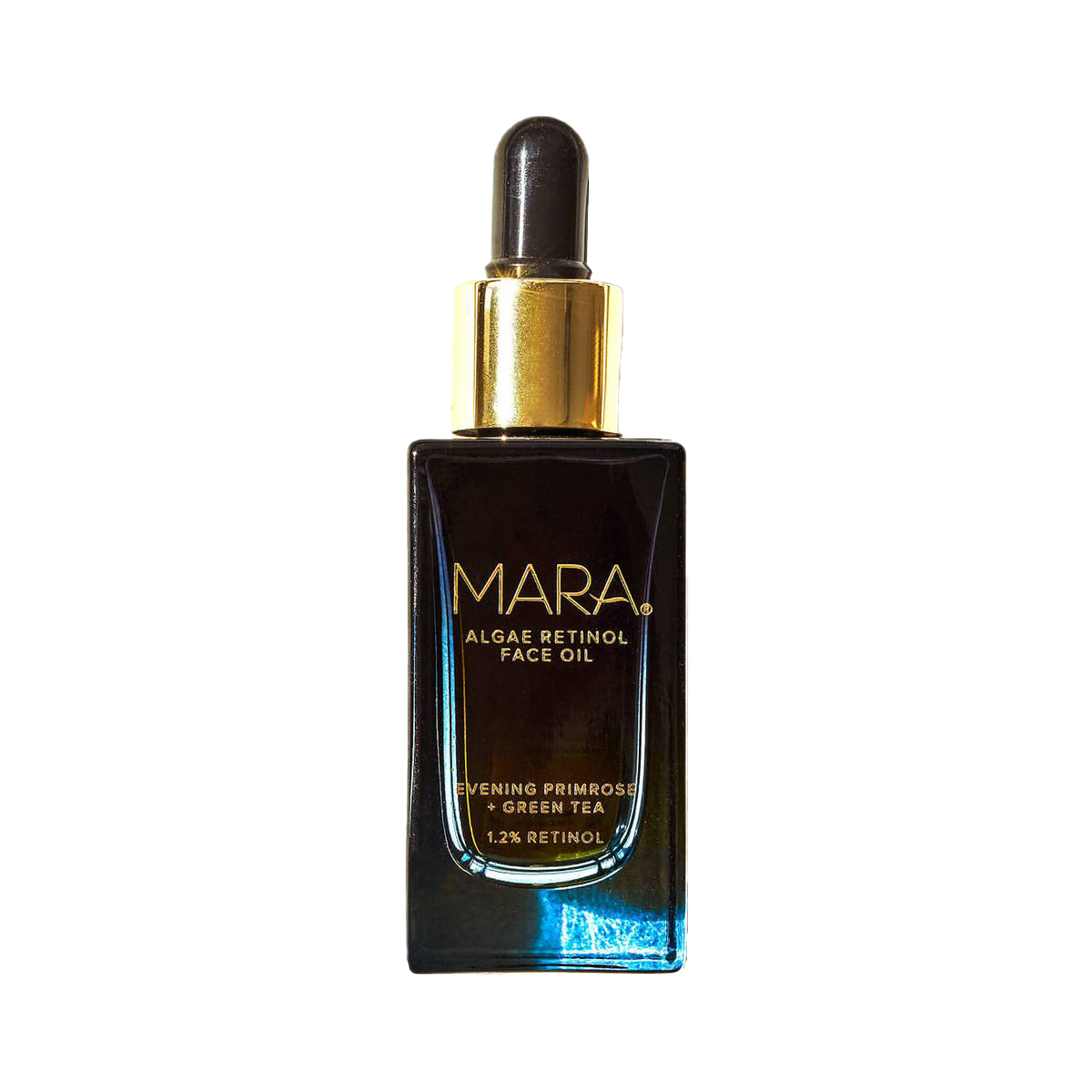
"Next, I'll do a treatment. I alternate between using Mara's Algae Retinol Face Oil as a treatment or Biossance's Squalane + 10% Lactic Acid Resurfacing Night Serum ($62)."
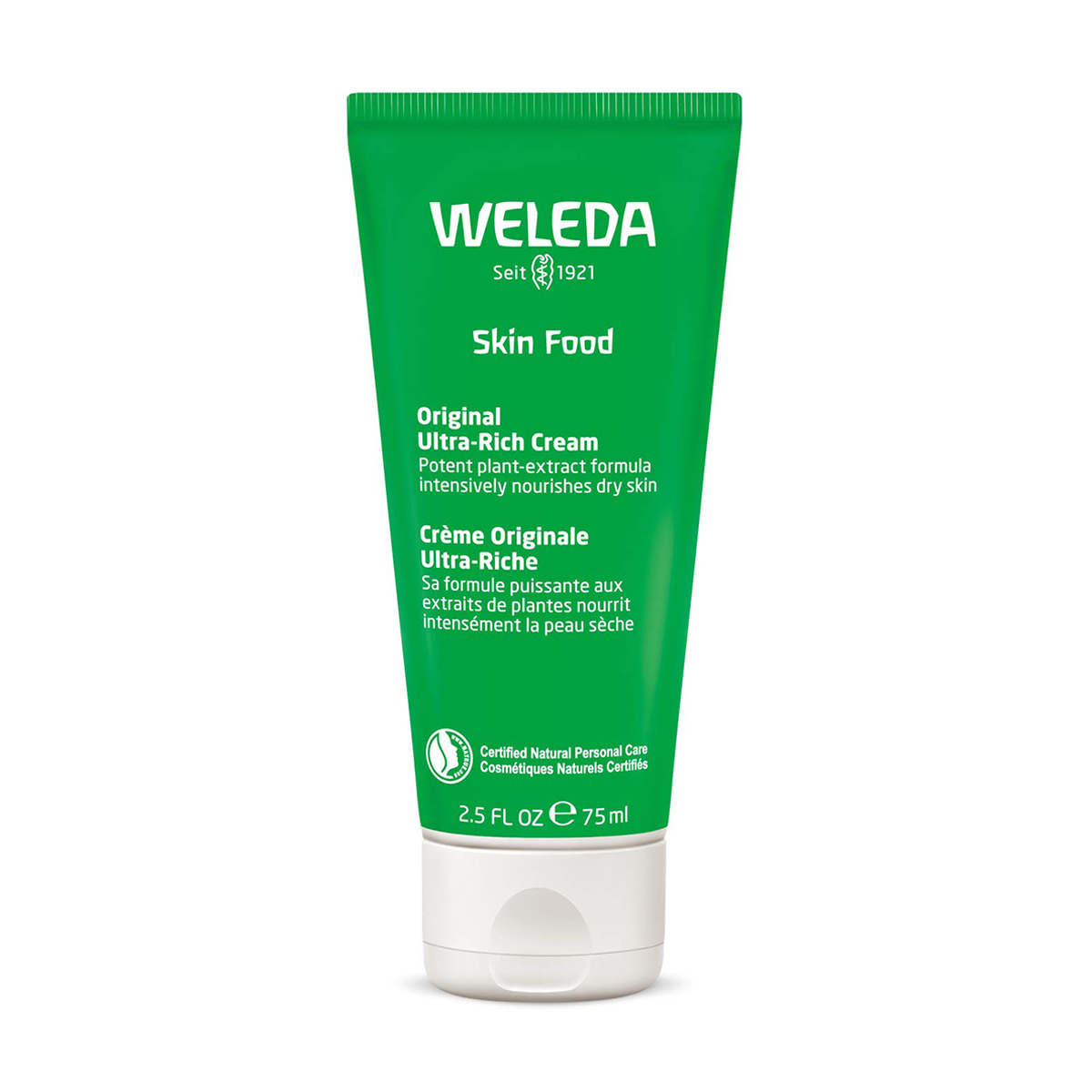
"To moisturize, I use Mara's Algae + Moringa Universal Face Oil ($72) mixed in with a dab of Weleda Skin Food."
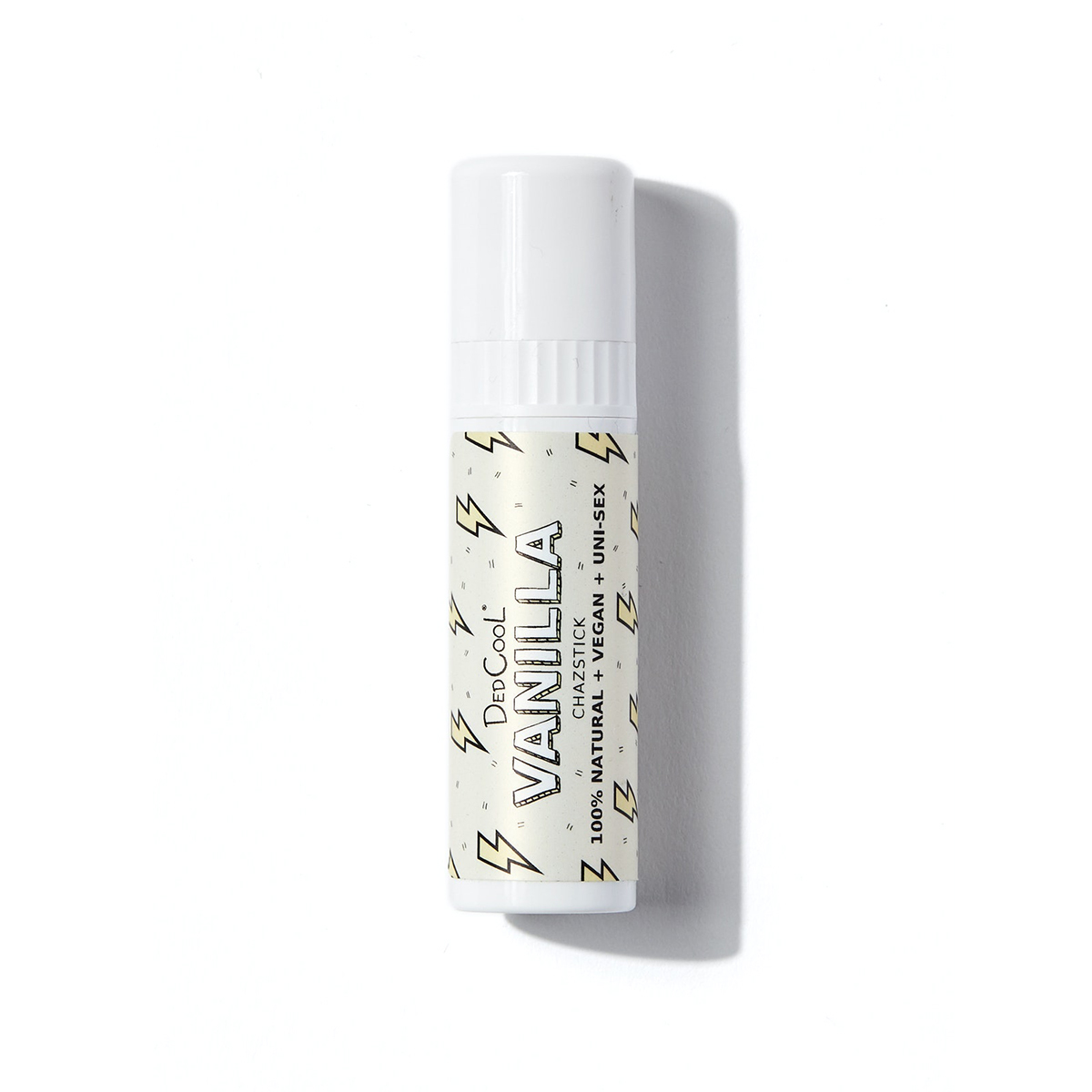
"And lip balm—either Nourish by The Now Classic Lip Salve ($18) or DedCool's Chazstick."
Heather D. Rogers
"I am a big fan of Nécessaire and, effective, and high-quality ingredients your face and body can actually use. I also admire Beautycounter for the way they meticulously screen their ingredients and brought national attention to this important topic. Juice Beauty clinically validates their formulas. Tata Harper and Josh Rosebrook have some incredibly luxurious formulations. My line, Doctor Rogers Restore, is unique in this category because it’s clean-ical, meaning that it is clean and clinical. Everything has been developed to use on the most sensitive, healing skin—particularly after dermatologic procedures as well as to maintain healthy skin on a daily basis. An ideal skincare routine should not be too complicated. Keep it simple and be consistent."
My A.M. Skincare Routine
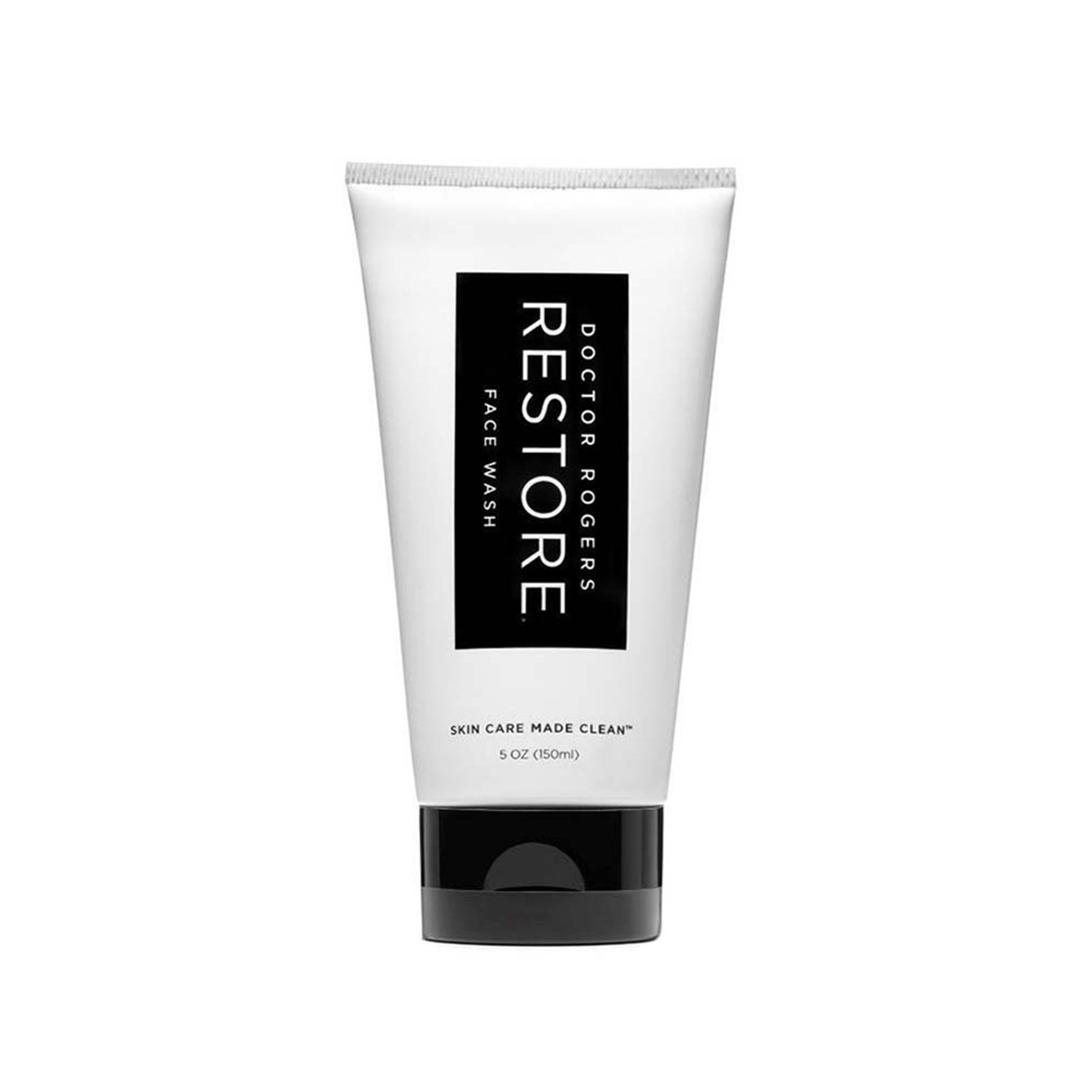
"In the morning, I recommend splashing some water on your face or using a clean, hypoallergenic, plant-based face wash like Doctor Rogers Restore Face Wash."
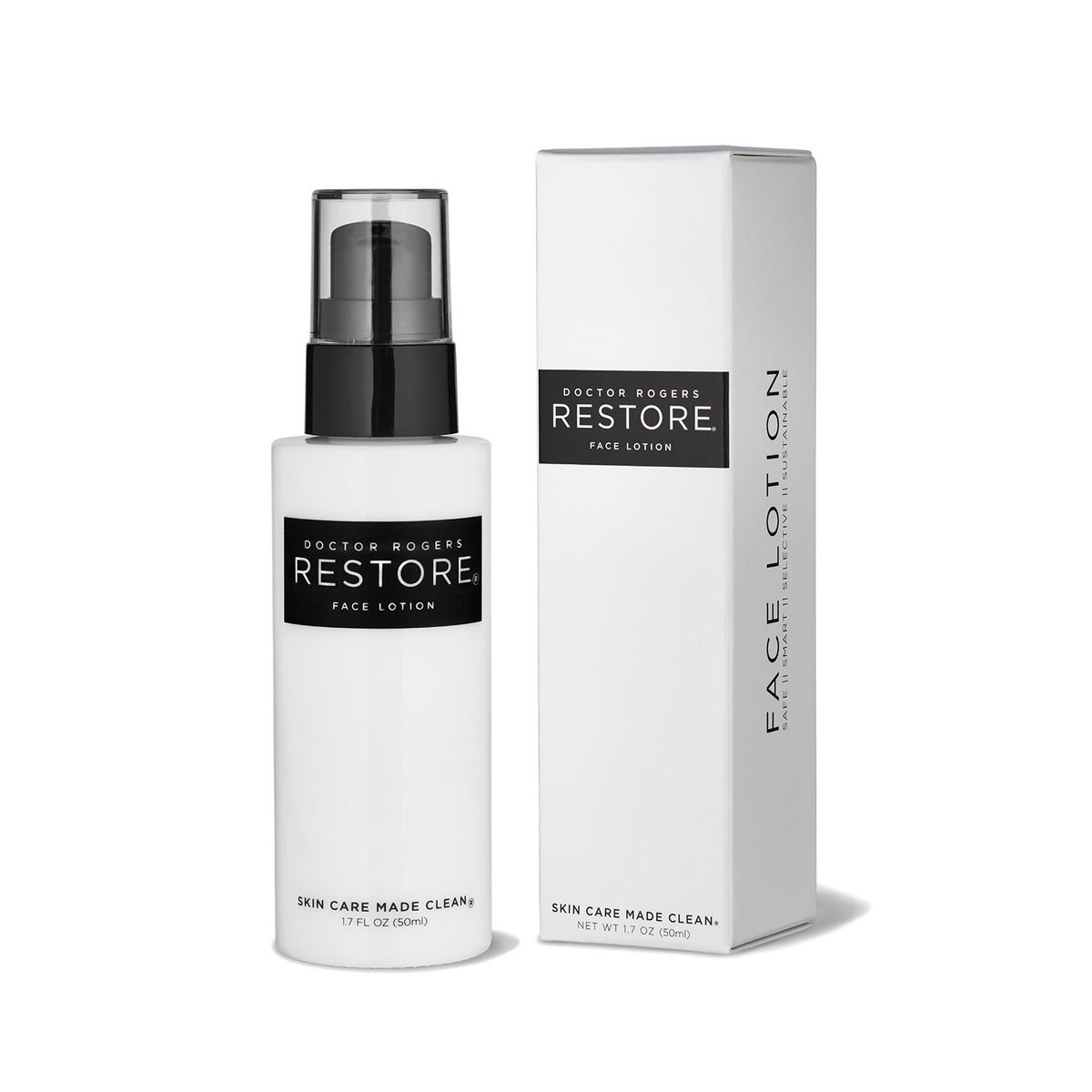
"I follow this with a clinically studied antioxidant, such as Skinbetter Alto Defense Serum, and a clean moisturizer like Doctor Rogers Restore Face Lotion, which you can use around your eyes too."
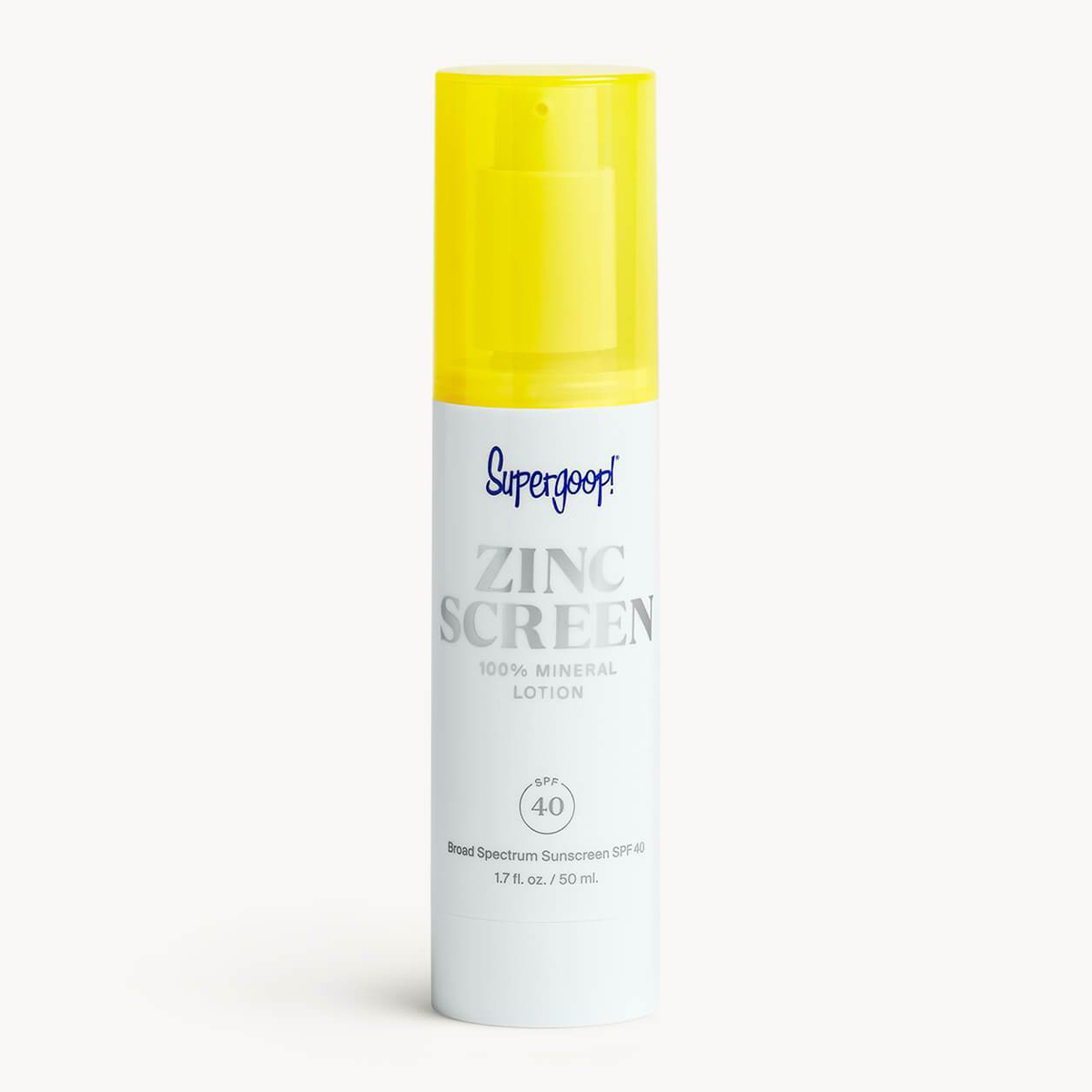
"Even if you are staying indoors you should always apply sunscreen. I cannot recommend Supergoop!'s Zincscreen 100% Mineral Lotion SPF 40 PA+++ enough. It is clean, clinically studied, and reef-safe. When it comes to sunscreen, always choose a mineral sunscreen, like zinc oxide and titanium dioxide, which are minerals and nontoxic."
My P.M. Skincare Routine
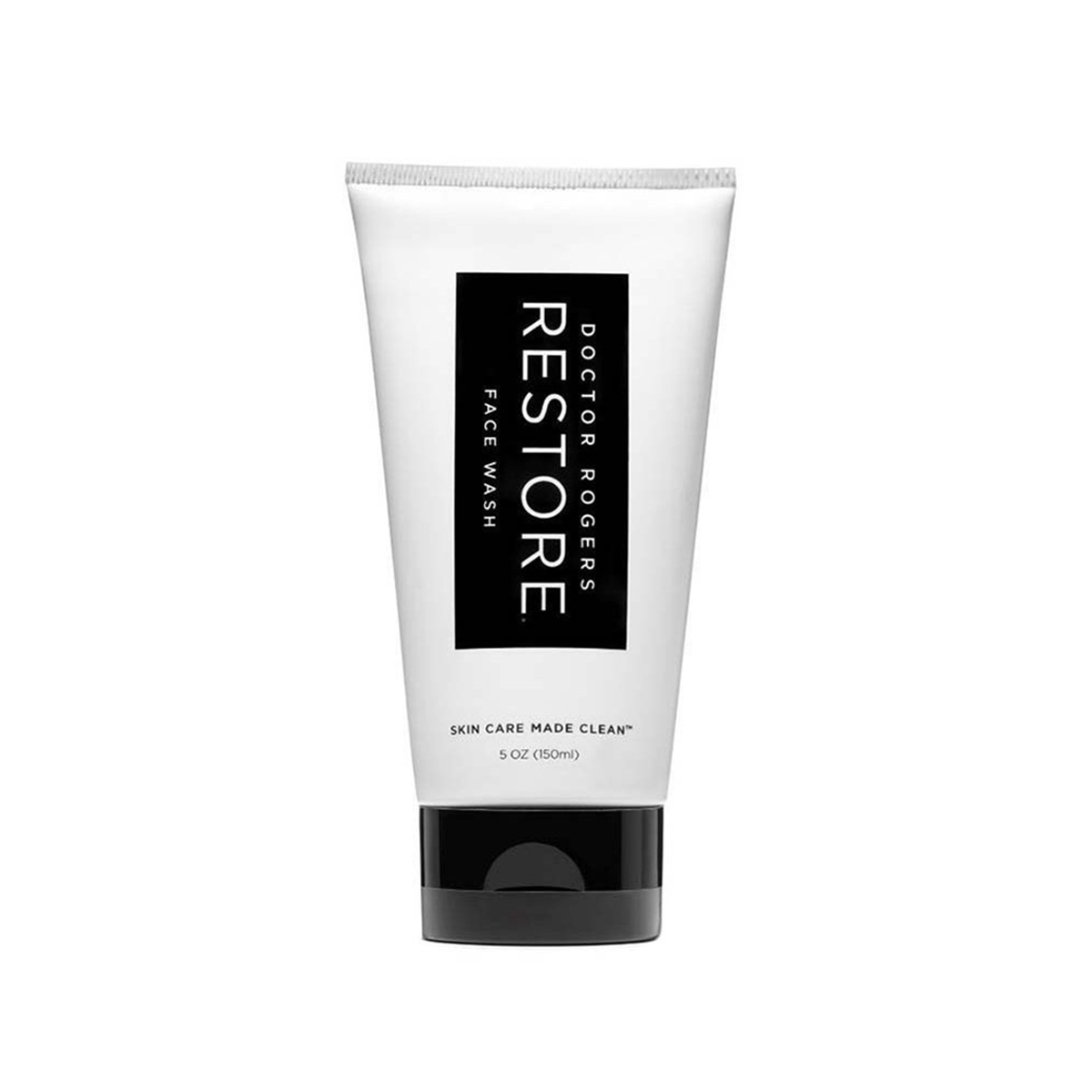
"Always wash your face before bed. I use my Doctor Rogers Restore Face Wash to remove makeup and oil without irritating my skin."
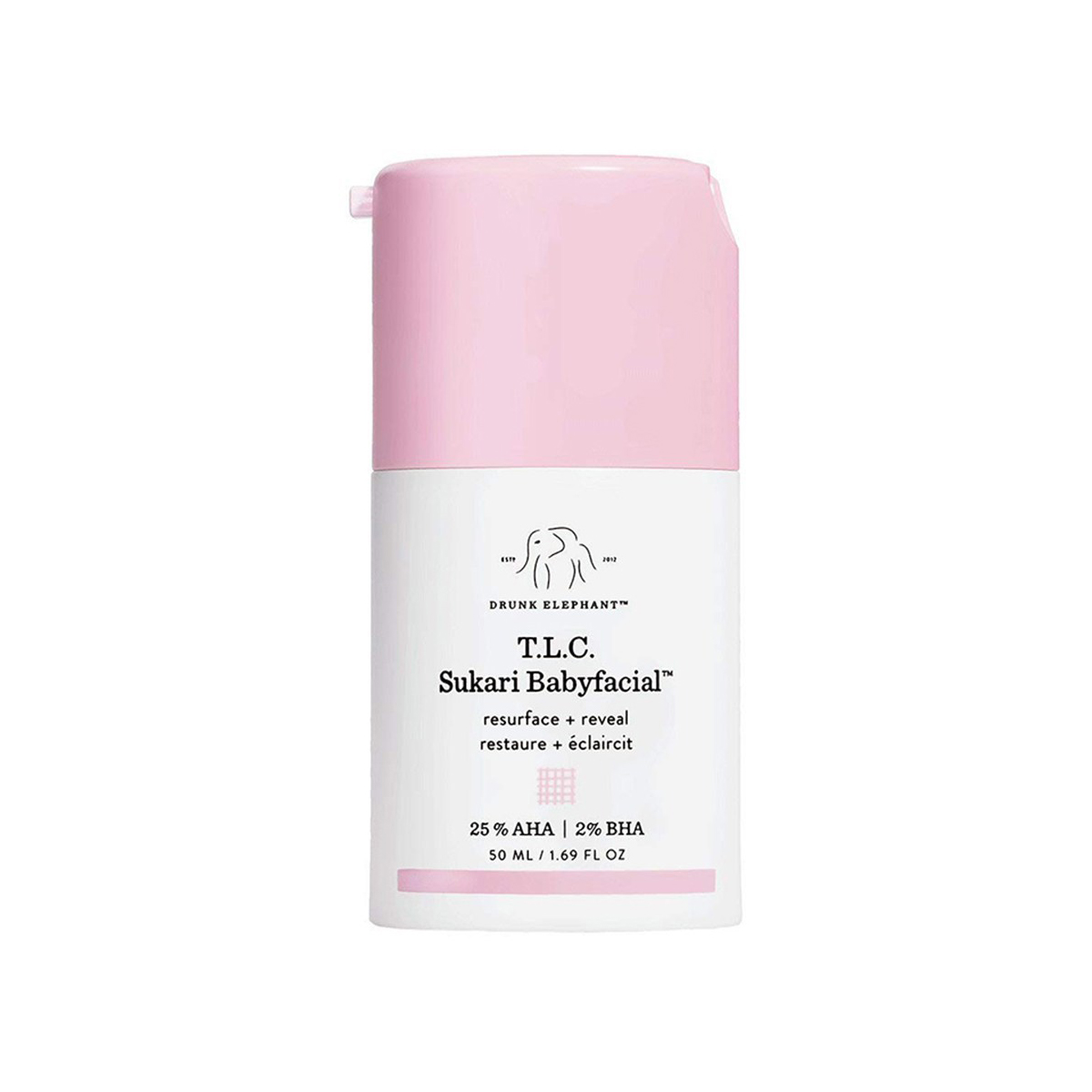
"I like to follow this with a prescription like Tretinoin. Again, this has been clinically studied to be safe and effective in the treatment of fine facial wrinkles, mottled hyperpigmentation, and skin texture. If you don’t have a prescription, opt for a treatment like Drunk Elephant's T.L.C. Sukari Babyfacial 25% AHA + 2% BHA Mask which is clean, non-toxic, and made with minimal ingredients. When used once a week it really helps to reset your skin to a healthy state."
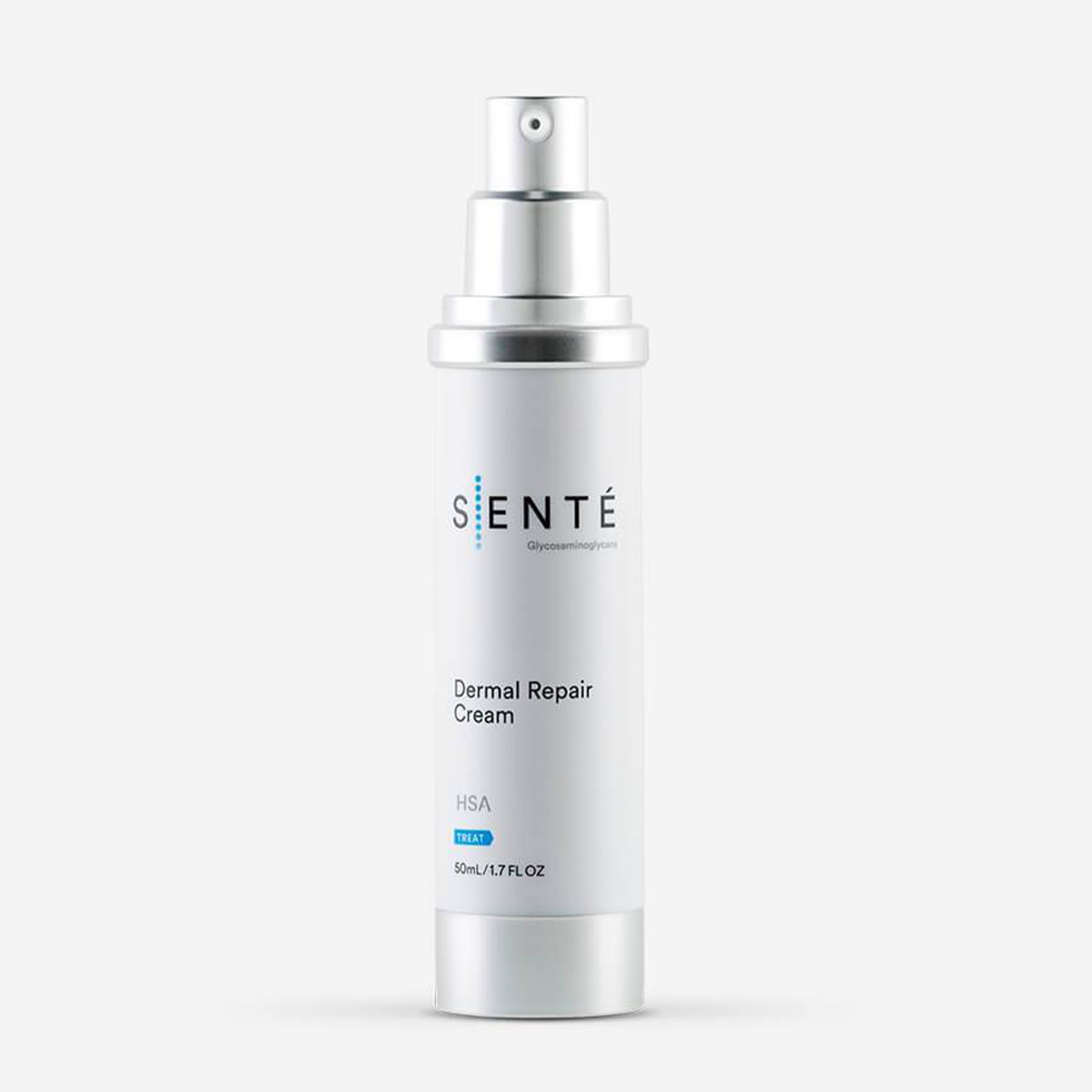
"For a peptide treatment to help renew my skin, I like Senté's Dermal Repair Cream with heparin sulfate."
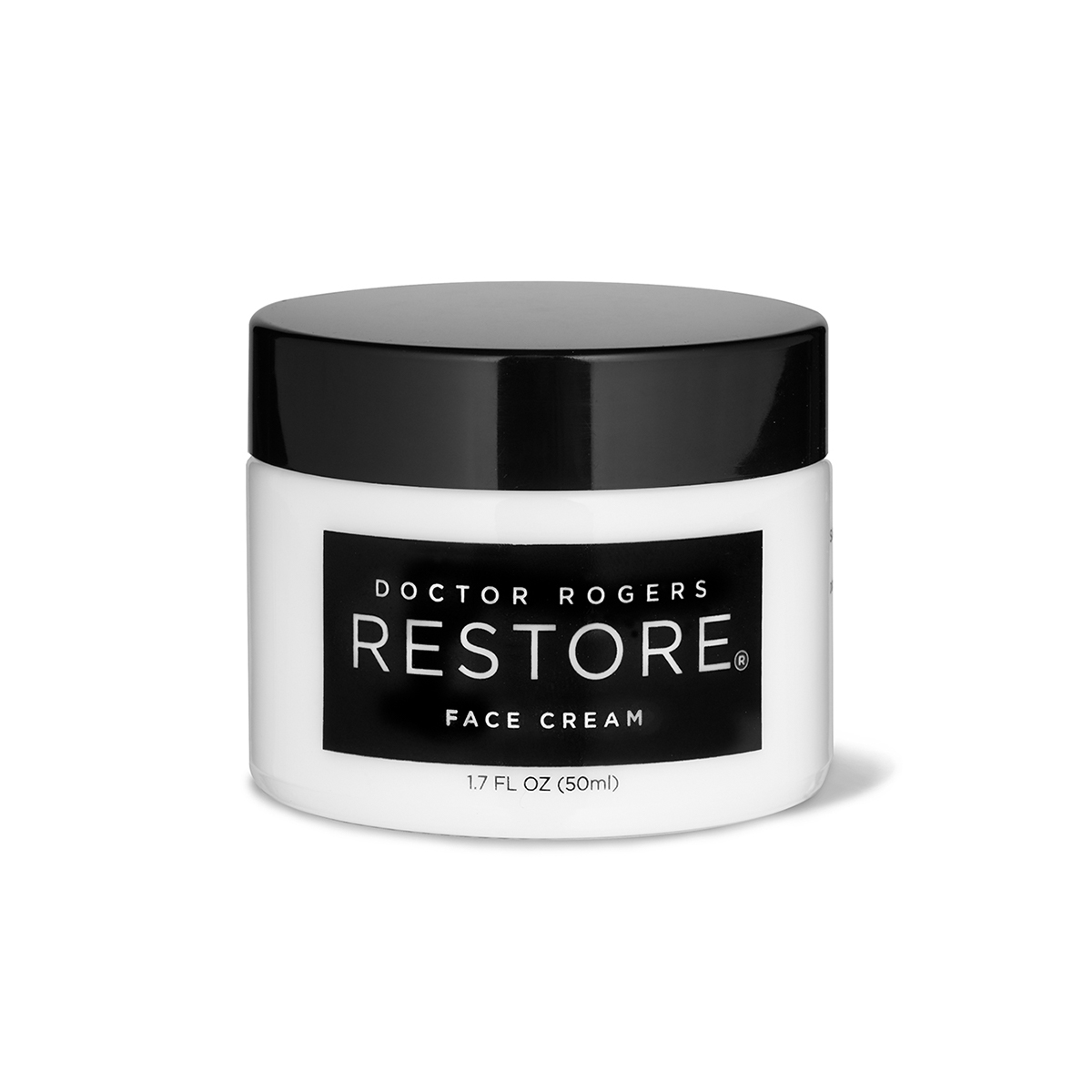
"Then I will add a heavier moisturizer like the Doctor Rogers Restore Face Cream for my face and eyes."
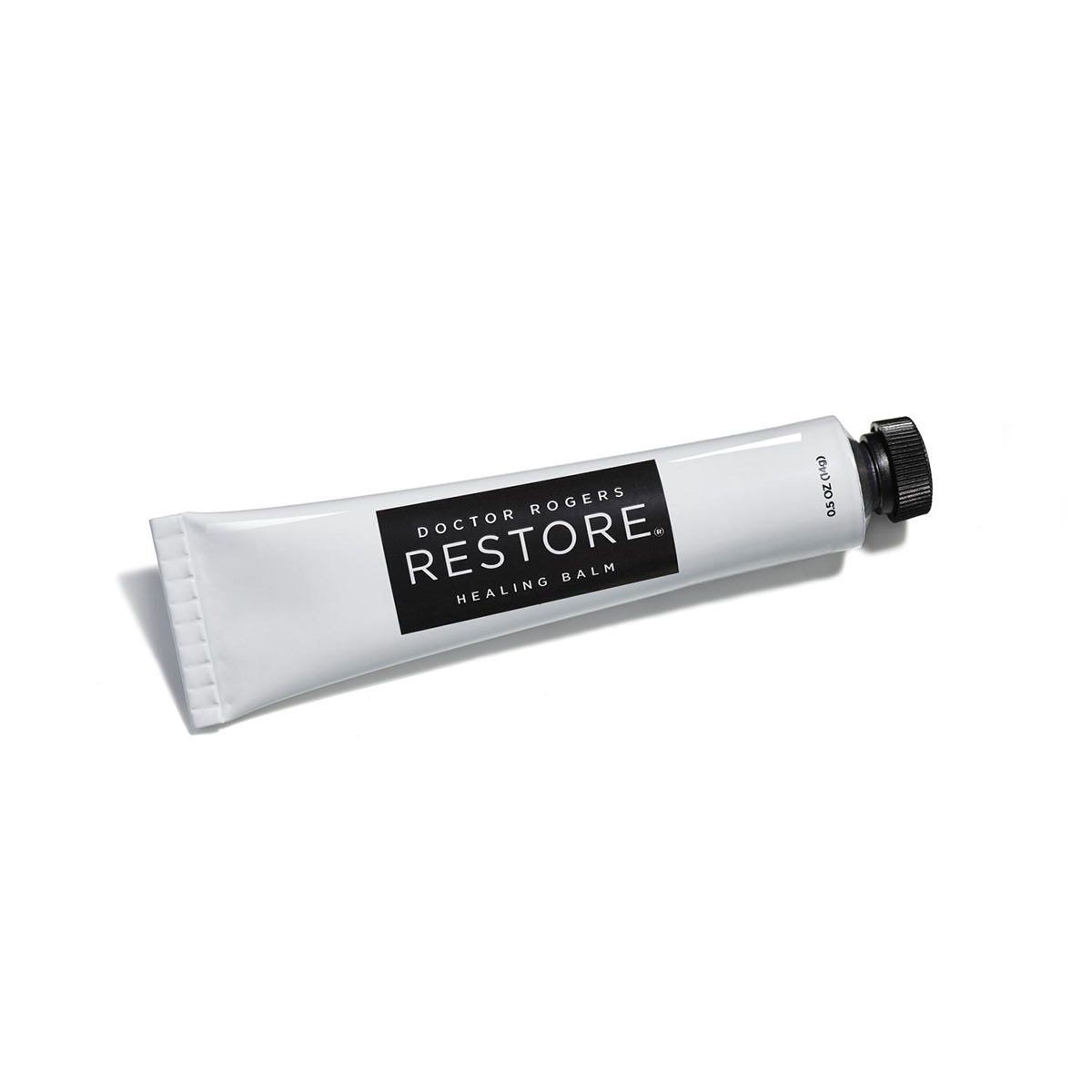
"And then the Healing Balm for lips!"
Up next: I Tried the Holy-Grail Skincare Routine Rosie HW Said Finally Helped Clear Her Acne
Erin has been writing a mix of beauty and wellness content for Who What Wear for over five years. Prior to that, she spent two and half years writing for Byrdie. She now calls Santa Monica home but grew up in Minnetonka, Minnesota, and studied writing, rhetoric, and communication at University of Wisconsin, La Crosse. She studied abroad in Galway, Ireland, and spent a summer in L.A. interning with the Byrdie and Who What Wear family. After graduating from UW, she spent one year in San Francisco, where she worked as a writer for Pottery Barn Kids and PBteen before moving down to L.A. to begin her career as a beauty editor.
-
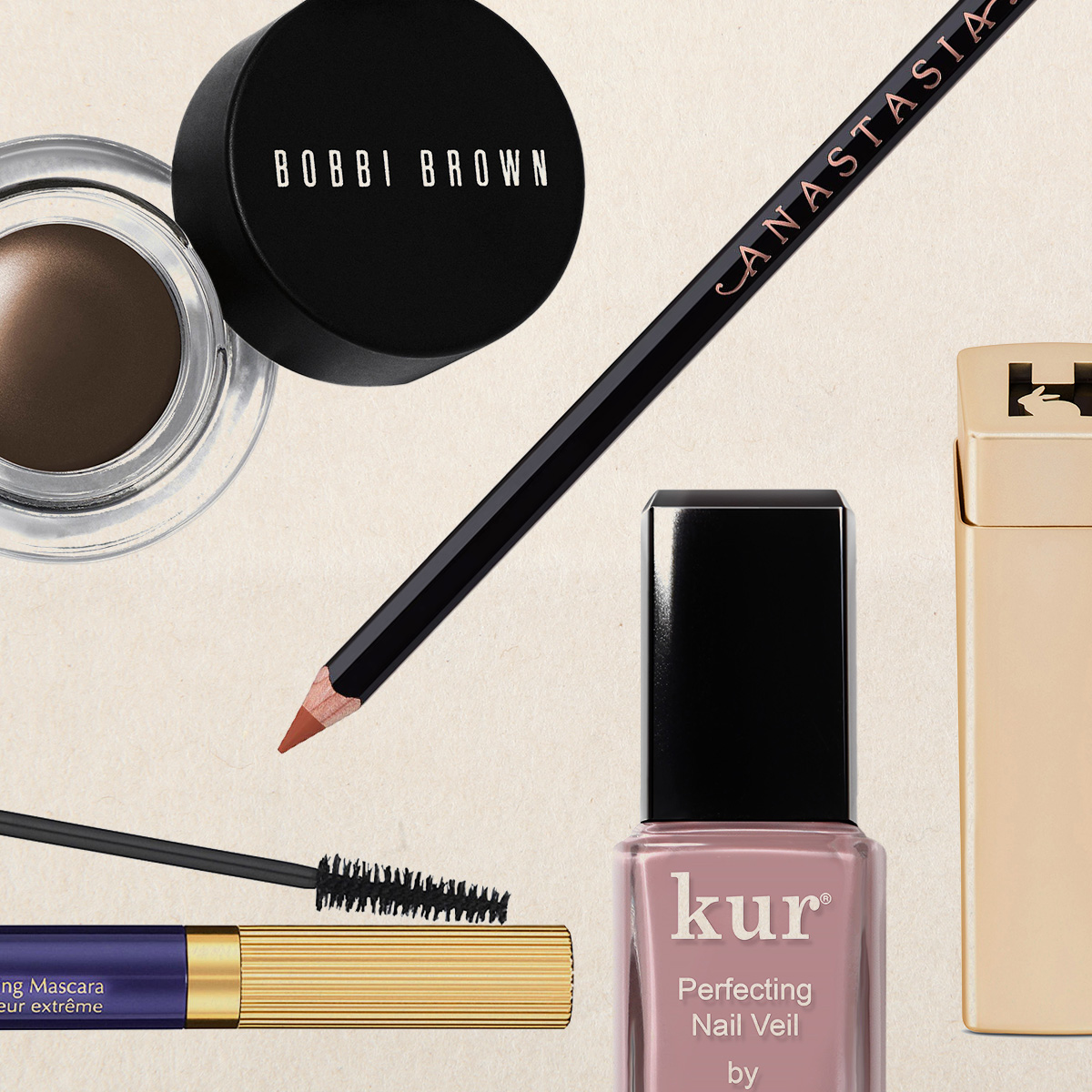 I Rarely Wear Makeup, But I Always Keep These 14 Essentials in My Beauty Drawer
I Rarely Wear Makeup, But I Always Keep These 14 Essentials in My Beauty DrawerSponsor Content Created With Nordstrom
By Raina Mendonça
-
 There Are Hundreds of MDW Beauty Sales Happening, But We're Only Shopping These 23
There Are Hundreds of MDW Beauty Sales Happening, But We're Only Shopping These 23The best of the best.
By Kaitlyn McLintock
-
 Hailey Bieber and Giselle Bündchen Are Fans of These All-Natural Makeup Products
Hailey Bieber and Giselle Bündchen Are Fans of These All-Natural Makeup ProductsThey're also editor approved.
By Kaitlyn McLintock
-
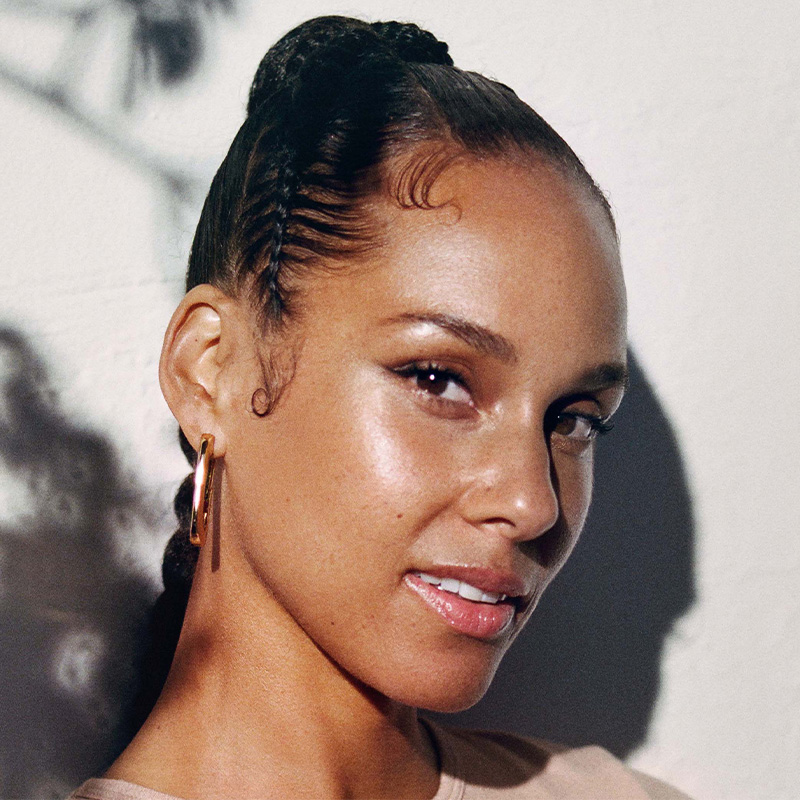 Skin Tints Are Trending on TikTok—IMO, This One Outshines Them All
Skin Tints Are Trending on TikTok—IMO, This One Outshines Them AllIt goes more than skin deep.
By Emma Walsh
-
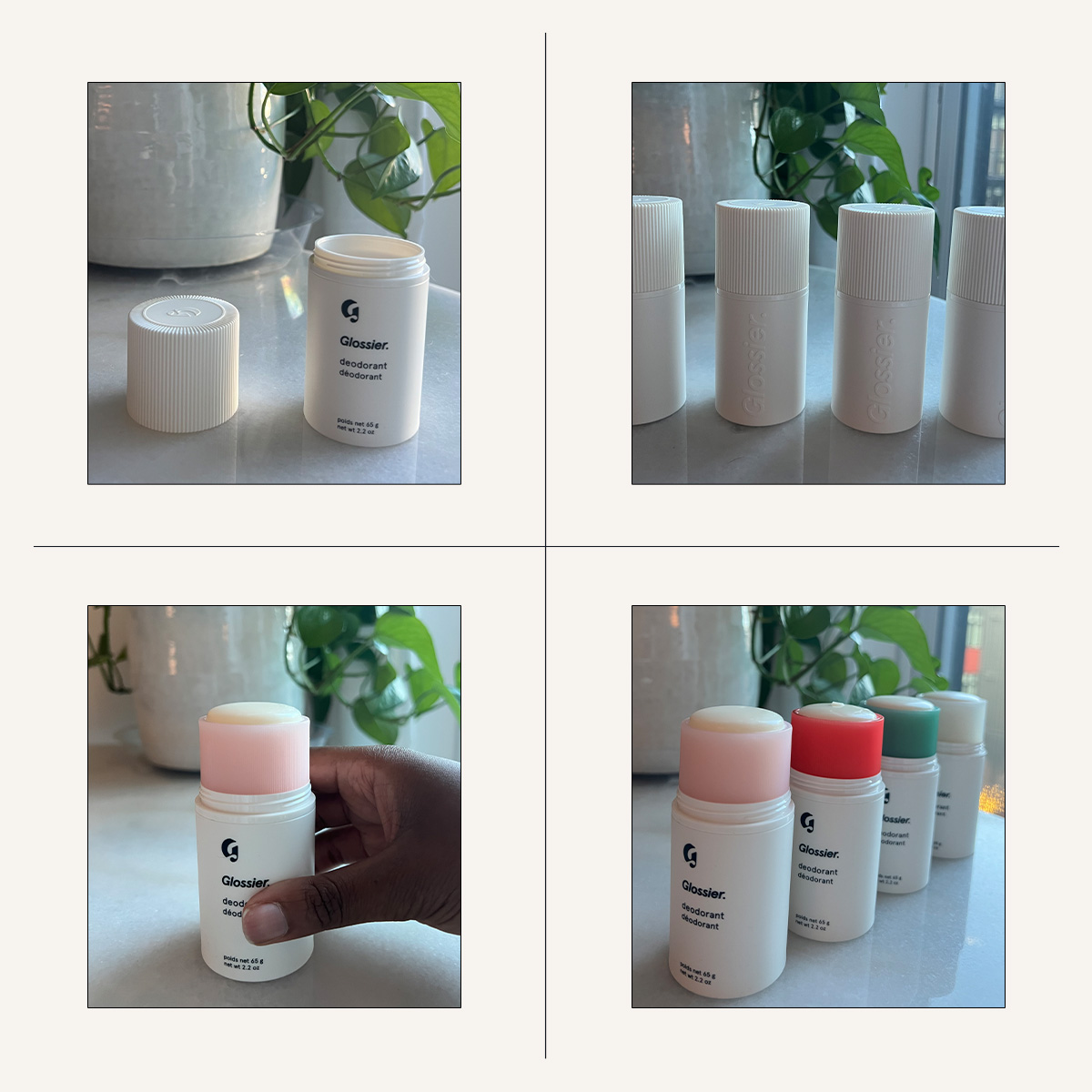 I Tried Glossier's All-Natural Deodorant That Defies Nature
I Tried Glossier's All-Natural Deodorant That Defies NatureA new favorite of mine.
By Maya Thomas
-
 Dr. Shereene Idriss Gives Us the Brutal Truth About Skincare Myths
Dr. Shereene Idriss Gives Us the Brutal Truth About Skincare MythsThe famous #PillowTalkDerm gives us her inside scoop.
By Marie Lodi
-
 Alana Haim Is Ready for Her Close-Up, Mr. Anderson
Alana Haim Is Ready for Her Close-Up, Mr. AndersonThe seasoned musician shines in her big-screen debut.
By Drew Elovitz
-
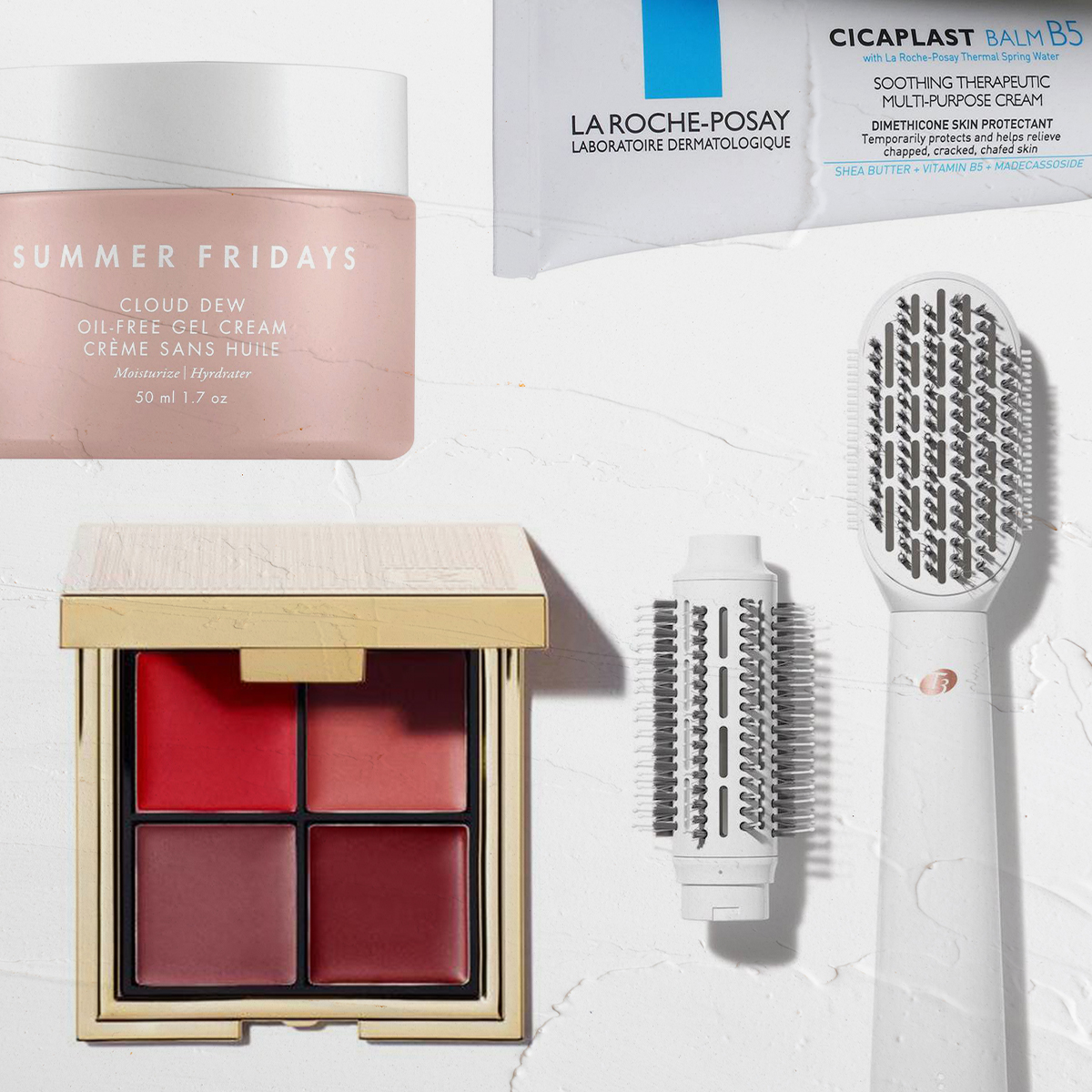 7 Beauty Editors Told Me the One Thing They're Adding to Their Fall Routines
7 Beauty Editors Told Me the One Thing They're Adding to Their Fall RoutinesIncluding Jennifer Aniston's go-to hair product.
By Lindy Segal
